300 hour Yoga Teacher Training in Chiang Mai, Thailand


Intensive Cross-Cultural Yoga Teacher Training in Thailand
Since the ancient times, Thailand has been closely linked to India, mainly in culture and in spirituality. Even the foothills of the great Himalayan mountain range of India begins from the highlands of Chiangmai, Thailand. Beyond the boundaries of religions and cultures, there is much ancient wisdom we both share. Our special highly intensive 28 Days 300-Hour Yoga Teacher Training program in Chiangmai, Thailand is dedicated to many students who desire to step into the path of yoga and meditation but are still caught up in the midst of the modern lifestyle that allows only so much time one can take off from the fast-moving life.
Our teachers have been brought up and spent their lives in traditional ashram and gurukulams with yoga and meditation as their sole purpose of life. In this special occasion, they are traveling to Thailand with the pure intention of transmitting authentic knowledge of yoga and meditation from the ancient Vedic scriptures. Our school has priced the course only enough to cover expenses required to hold this program, without any additional profit beyond necessary expenses to make this happen.
Who Should Apply for 300 Hour Yoga TTC?
This 300 Hour Yoga TTC is designed and perfect for the students who:
- Has completed the 200 Hours Yoga TTC under Yoga Alliance, USA
- Desires to further their yoga studies for personal development & spiritual growth
- Desires to teach advance groups
- Desires to be registered as RYT500 on Yoga Alliance, USA
300 Hour Yoga Teacher Training Course at our yoga School Yoga Vidya Mandiram is offered from a worldwide known organization Yoga Alliance, USA. After the successfully completing the program, the students will receive a 300 RYS (Registered Yoga School). After which they can get registered at Yoga Alliance USA and become a 500 RYT (Registered Yoga Teacher).
Highlights - 300 Hour Yoga Teacher Training
- 27 night’s non-AC accommodation.
- Sankhya and yoga philosophies
- Daily Hatha-yoga & Ashtanga-yoga classes
- Daily Mantra recitation guided & Karma Yoga
- Daily Relaxation & meditation practices
- Shat-kriya & Daily guided breathing and pranayama practices
- Yoga anatomy & physiology workshops
- Yoga practicum/practice teaching Instructions to teach and guide others
- 300-hours yoga TTC Certificate from Yoga Alliance, USA
- Healthy nutritious vegetarian breakfast
- Traditional Northern Thai Dinner with Thai Cultural Performance
- Excursion to nearby ancient Buddhist temples and sightseeing on Thailand’s highest mountain range.
Course Content Overview
Mantra chanting
- Intro to Mantra science
- Basic mantras: aum, gayatri, trayambakam, guru, shanti, etc.
- Morning prayers and evening prayers
- Meal prayers
- Study prayers
- Health prayers
- Surya-namaskara 12 mantras along with bija mantras
- 1-20 Sanskrit counting
- Names of the asanas
- Selected yoga-sutras recitation
Hatha Yoga & Ashtanga Vinyasa Yoga
- Meditative steps of performing the hatha yoga; centering, entering, refining, holding, coming out, and reflection
- Astanga vinyasa flow - series 1 & 2
- Surya namaskar (sun salutations) - dynamic surya namaskar, surya namaskar with breath awareness, surya namaskar with bija-mantra chanting
- Modifications of yoga asanas
- Types of yoga asanas - standing, sitting, backward bending, forward bending, spinal twisting, fire series, inversion, shavasana, etc.
- Alignment and art of adjustment
- Preventing common injuries
- Counter pose
- Contraindications
- Yoga asanas benefits
Pranayama (Science of Breath)
- Introduction to science of breath
- Physiology of pranayama
- Postures for pranayama
- Establishment of diaphragmatic breathing
- 1:1, 1:2 and 1:4 breathing practices
- Different practices of pranayama: nadi shodhana, ujjayee, kapalabhati, bhastrika, shitali, shitkari, brahmari, and anuloma viloma, suryabhedi, and various types of kumbhaka pranayama and others
- Benefits or pranayama practices
- Guidelines for regular pranayama
Bandhas (Lock)
- Jalandhara-bandha (chin lock)
- Uddiyana-bandha (abdominal lock)
- Moola-bandha (root lock)
- Maha-bandha (great lock)
Mudra Vijnana (Science of Graceful Gestures)
- Intro to mudras and their importance in yoga practices
- Mudra and its psychology
- The elements residing in the fingers and five mudras: akasha-mudra, jnana-mudra, agni-mudra, varuna-mudra, and prithvi-mudra
- Other important mudras: dhyan-mudra, prana-mudra, apana-mudra, linga-mudra, shunya-mudra, vishnu-mudra, bhairava-mudra, and hridaya-mudra
Satkarma (Cleansing Practices)
- Jala-neti
- Sutra-neti
- Kunjala
- Trataka
- Agnisara
- Nauli
Practice Relaxation and Yoga Nidra
- Introduction to the concept and practices of relaxation
- Relaxation in daily life
- Sequence of relaxation
- Tension and relaxation exercises
- Systematic relaxation exercises
- 31 points relaxation exercise
- 61 points relaxation exercise
- Preparation for yoga-Nidra
- 61 blue star relaxation
Meditation
- What is meditation and what is not?
- Meditation in daily life
- Yoga asanas for meditation 2-5 minutes meditations
- Steps into basic meditation
- So-ham mediation
- Mantra and meditation
- Spinal breath Sushumna breathe through chakras
Yoga Anatomy and Physiology
- Introduction to Yoga anatomy and physiology
- Systems: Digestive system, Circulatory system, Respiratory system, Muscular system, Nervous system, Endocrine system, Skeletal system, Excretory system, Lymphatic system, Homeostasis
- Stress: Introduction
- Humoral theory (in ancient Indian medicine, Greek medicine, and modern medical science)
- The Brain and its subcortical centers
- Stress and Neuro-endocrinal changes
- Therapy principles for stress disorders
- Stress management through yoga: Asana (physical postures), Pranayama (breathing practices), Dhyan (meditation)
- Effect of yoga posture on muscles and systems
- Nadis (energy channels)
- Chakras (energy plexus)
- Pancha tattva (five great elements)
- Panchakosha (five sheaths)
- Pancha pranas (five vital energy)
Yoga Philosophy, Life-style and Yoga Ethics
- General introduction: six schools of Indian philosophy
- Philosophy in daily life
- Elementary intro to Samkhya and Yoga philosophies
- The Yoga-sutras of Patanjali
- History of Yogic science
- Astanga-yoga: yama, niyam, asana, pranayam, pratyahara, dharana, dhyana, and samadhi
- Introduction to Vedanta (Yoga of the Upanishads)
- The yoga of the Bhagavad-gita
- The tantric yoga
- Yoga Ethics: Yamas and Niyamas, More on the ethics of a teacher
- Daily life style of a sadhaka
Yoga and Ayurveda (Science of Life)
- Intro to Ayurveda
- Philosophy of Ayurveda
- The concept of tri-dosha
- The concept of tri-gunas
- Ayurveda and the balanced diet
- Balance of the mind and body through proper diet as prescribed in Ayurveda
Teaching Methodology
- Learning to instruct and guide
- Main points: Teaching to what you observe, timing a class, greeting / centering, sequence in teaching
- Theme-ing a specific posture
- Classroom Organization
- Demonstration
- Health Concerns
- Language
- Modification in Posture
- The role of a teacher
- The practice and service of teaching yoga
Yoga Practicum
- Class sequences
- Develop intention for classes
- Self-evaluation
- Assignments
- Practice teaching
- Feedback
- Group discussion
- Questions and answers
- Homework
Daily Schedule
We follow a tight daily schedule to ensure that our students get the most out of yoga teachings and practices during this short yoga teacher training (YTT) program. It is encouraged to take full rest every night by sleeping early as part of your practice and to maintain health and focus throughout the program.
» 06:15 am - 06:30 am - Mantra Chanting
» 06:30 am - 07:30 am - ShatKarma / Pranayama / Mudras / Bandhas (Theory & Practices)
» 07:30 am - 09:00 am - Hatha Yoga Session & Practice Teaching
» 09:00 am - 10:00 am - Breakfast
» 10:00 am - 11:00 am - Yoga Philosophy
» 11:00 am - 12:00 am - Yoga Anatomy & Physiology
» 12:00 pm - 12:30 pm - Karma Yoga
» 12:30 pm - 13:30 pm - Lunch
» 13:30 pm - 16:00 pm - Self-Study / Silence Practice / Self-Journaling / Free time
» 16:00 pm - 16:30 pm - Tea break
» 16:30 pm - 18:00 pm - Ashtanga Vinyasa Yoga Session & Practice teaching
» 18:00 pm - 19:00 pm - Dinner
» 19:00 pm - 20:00 pm - Meditation & Yoga Nidra (Relaxation) Session
» 20:00 pm - 21:00 pm - Self-Study / Free time
Please note : Schedule is subject to changes without prior notice.
Training takes place 6 days out of 7 days of the week. The 7th day is considered resting day, usually set to one of the weekdays to avoid traffic and other tourist groups. Students are free to use this rest day to practice, review and reflect lessons and practices during the past week. We also organize a half day excursion during the rest day for students to take some time to explore and experience Thai attractions, nature and culture.
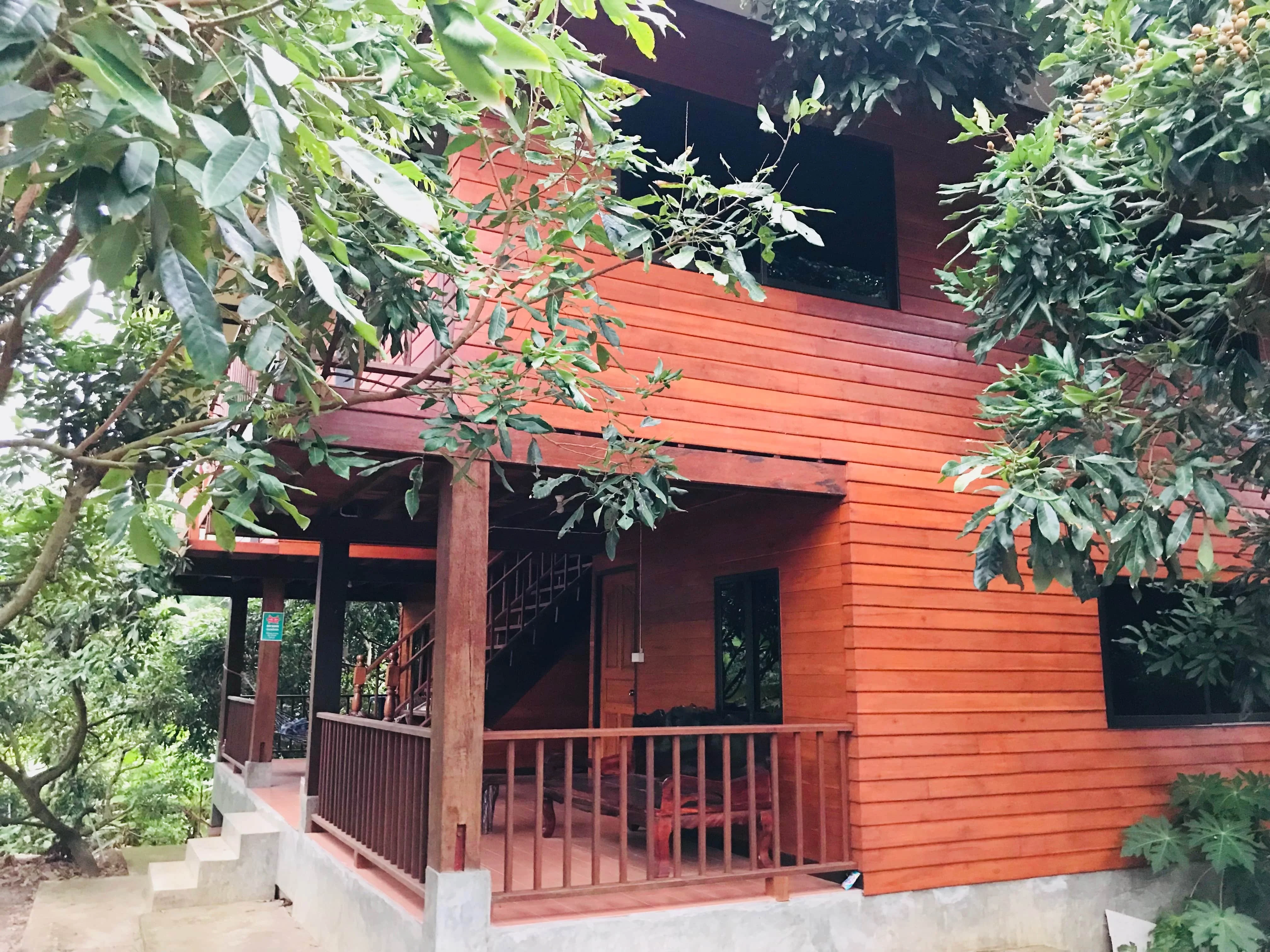
Female Dorm Room - Garden (3-4 mins walk)

Room Facilities
 Wi-Fi
Wi-Fi
 Single Bed
Single Bed
 Western Style Bathroom
Western Style Bathroom
 In-Room Dining
In-Room Dining
 Wi-Fi
Wi-Fi
 Airport Transfers
Airport Transfers
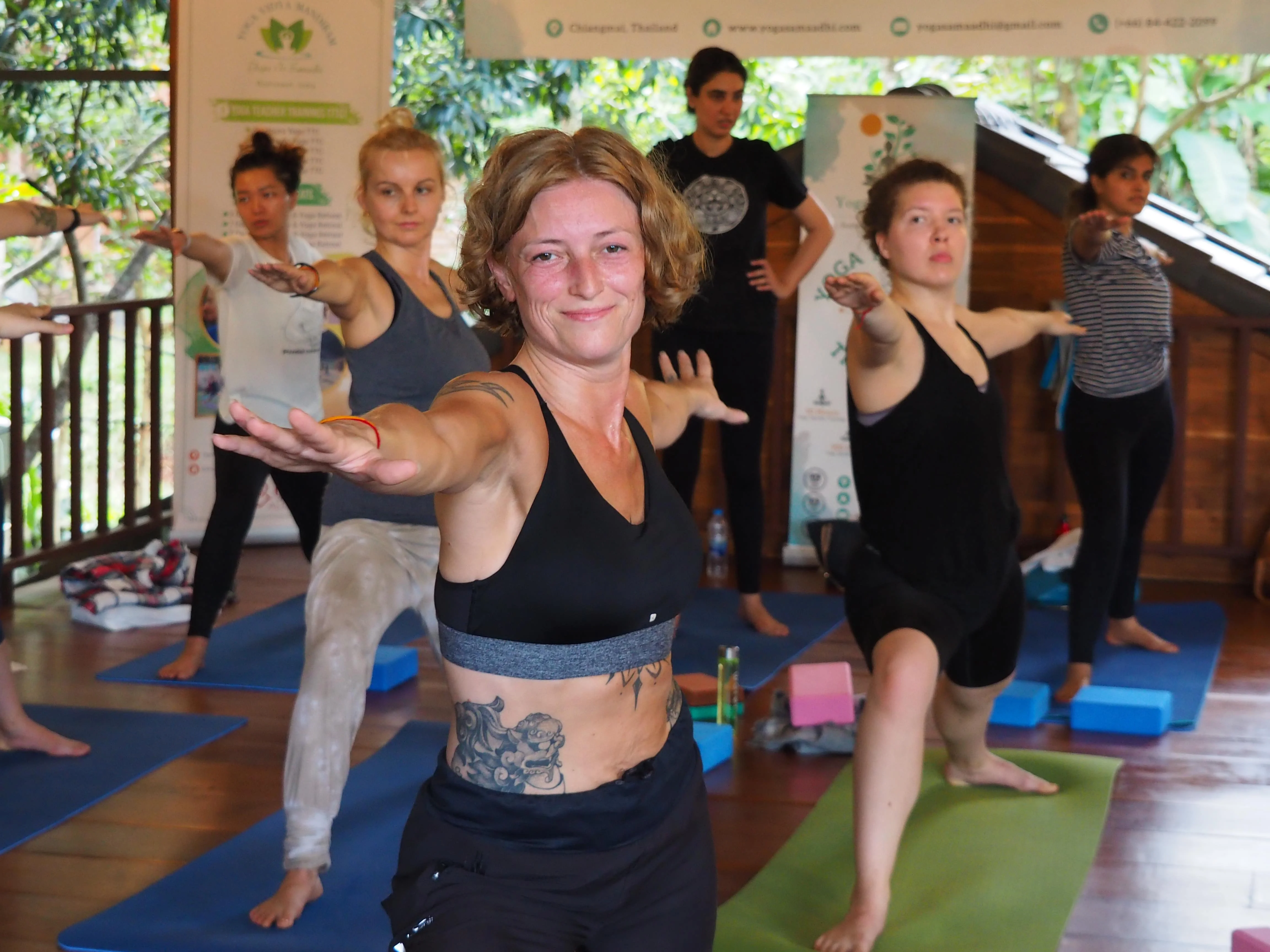
Yoga Vidya Mandiram Yoga School is a registered Yoga School centered in Rishikesh, India and has expanded to Chiangmai, Thailand. The Center is dedicated to restore, explore and impart the purest form of knowledge of Yogic studies and its practices with their scientific verification. The Yoga Center intends to maintain the yo…

Highlights:

- 27 nights’ accommodation (Non-AC)
- Hatha-yoga & ashtanga-yoga classes
- Shat-kriya & pranayama practices
- Mantra recitation guided & karma Yoga
- Relaxation & meditation practices
- Yoga anatomy & physiology workshops
- Yoga practicum/practice teaching
- Healthy nutritious vegetarian three time meals along with tea; breakfast, lunch & dinner
- Traditional Northern Thai Dinner with Thai Cultural Performance
- Excursion to nearby ancient Buddhist temples and sightseeing on Thailand’s highest mountain range.
- 300 Hour Yoga Teacher Training Course certification from Yoga Alliance, USA
Package Inclusions
Package Exclusions
Na
About Yoga Vidya Mandiram (Chiang Mai, Thailand)
How to reach
Airways Connectivity
You could opt for a direct flight to Chiangmai International Airport (CNX). If there are no direct flights from your city, there are certainly connections you could make from your city to Chiangmai. It takes approximately 30 minutes from the airport by taxi and costs US$10 to US$13, depending on traffic.Railway Connectivity
If you are travelling from within Thailand, you could take the train from the city you are in to Chiangmai province. From Bangkok, the journey takes about 12 hours but evening trains feature comfortable bunks with or without air-con. Train tickets from Bangkok is between 600-1,000 baht for a train ticket depending on the level of comfort you want.Roadway Connectivity
Busses run roughly every hour from Bangkok to Chiang Mai, departing from Bangkok’s Mo Chit Station and arriving at Chiang Mai’s Eastern (main) Bus Terminal. The first departure of the day is at 05:30 and the last is at 22:00. From Bangkok, the journey takes about 10 hours and there are a variety of busses available, with the VIP busses being the by far the most comfortable. Bus prices range from US$12 to US$25 per trip from Bangkok to Chiangmai.Important Disciplines/Rules
Students are expected to follow rules and disciplines during the course. Complete school rules are mentioned on our official website.
- No alcohol, drugs or any addictive substance are allowed during the course. Any alcohol/drug consumption will lead to being asked to leave without certification.
- No smoking of any kind, including e-cigarettes are allowed on premise.
- No consumption of non-vegetarian (i.e. meat, poultry, eggs, etc.), including eggs, within accommodation or school/resort premise. We realize that not everyone interested in the course are pure vegetarian. However, by signing up and booking for this course, you have agreed to our disciplines and our diet requirements. Students are responsible for bringing dietary supplements that they required during the duration of the course.
- No verbal or behavioral aggression.
- Students are required to attend 90% of the training hours.
- No using mobile phones for external communication or social media during an ongoing class.
Our School has rented out 90% of the resort during the training. There will be guests from tour groups, not attending the training, who take their usual non-vegetarian diet and occasional beer. We do not impose our disciplines on them as they are not our student. We also do not force the resort to omit these options from the menu. However, we expect our students to follow school rules and discipline while staying at our premise.
By signing up and booking for this course, you have agreed to our disciplines and our diet requirements. School holds the right to ask a student to leave the training without certification, if he or she does not follow or violates school discipline.
In the case of cancellation, the advance deposit of a course fee is strictly non-refundable. However, you may reschedule for the same program in a future month but within 1 year after the initial course date booked. Reschedule must be inquired in advance of and only if there is still availability for the desired month.
Please chat with us or mail us at cs@ayuruniverse.com to know more about this wellness center


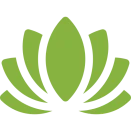
 Please expect a free call back
Please expect a free call back
 3.5
3.5
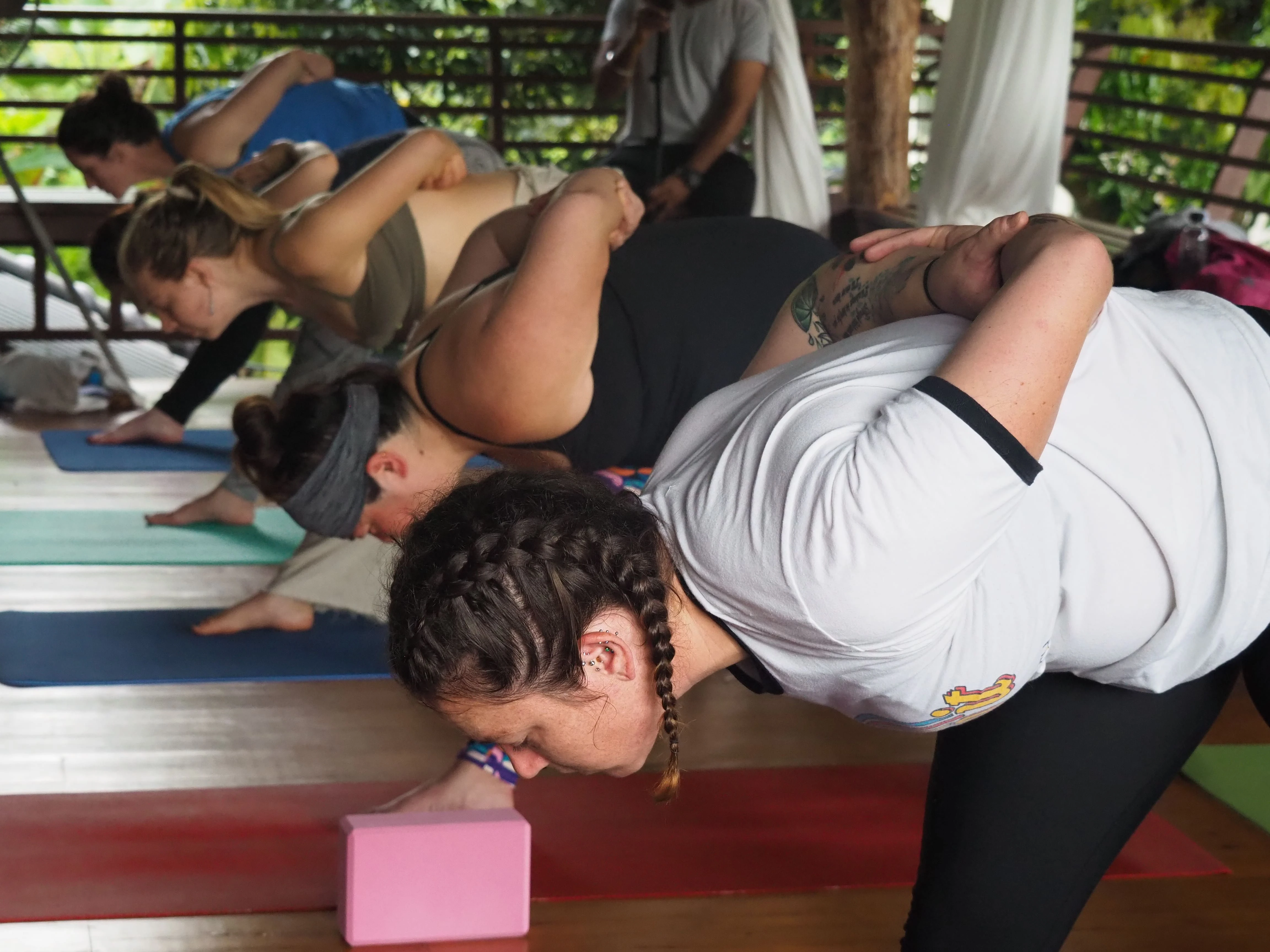
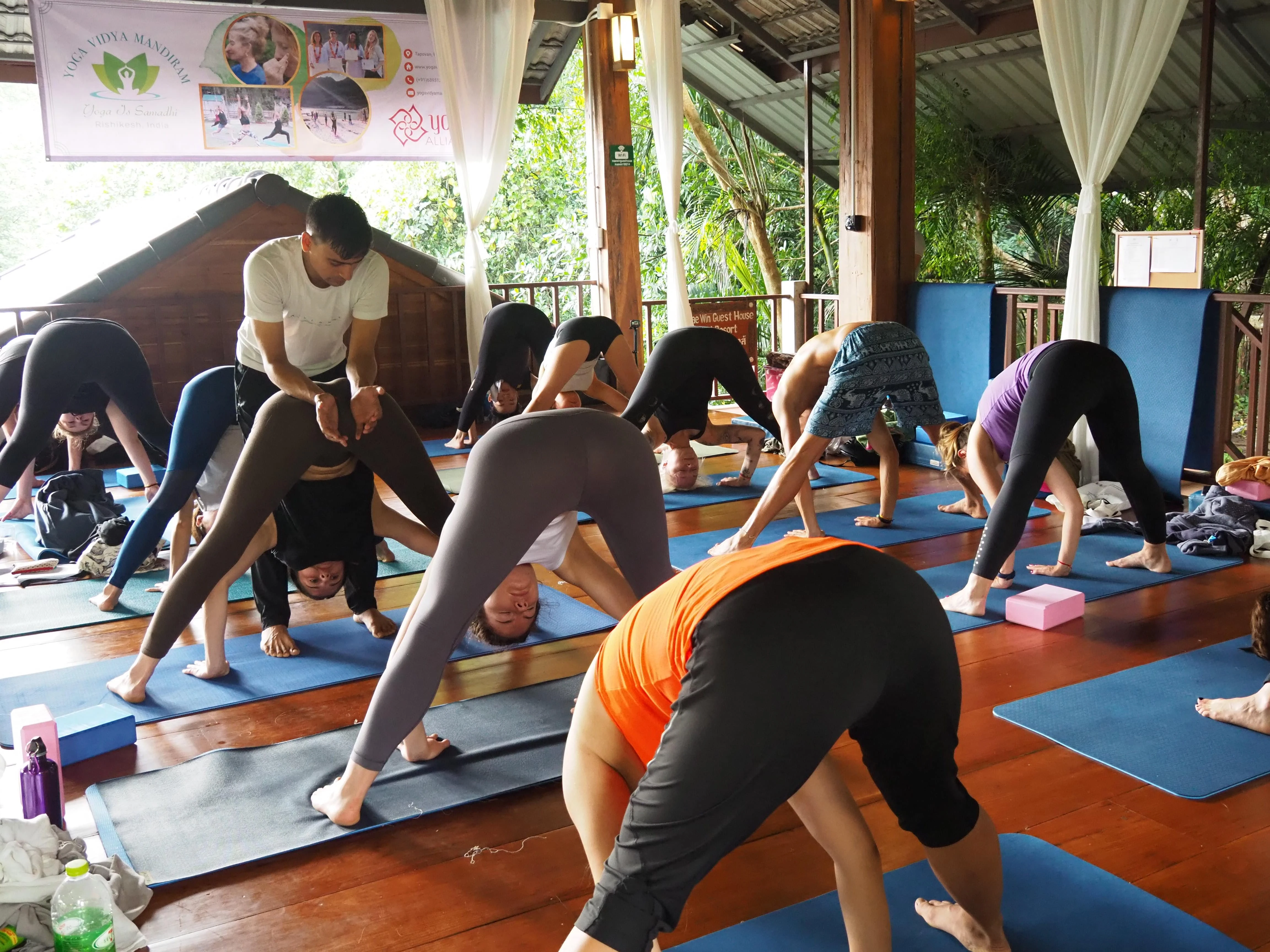

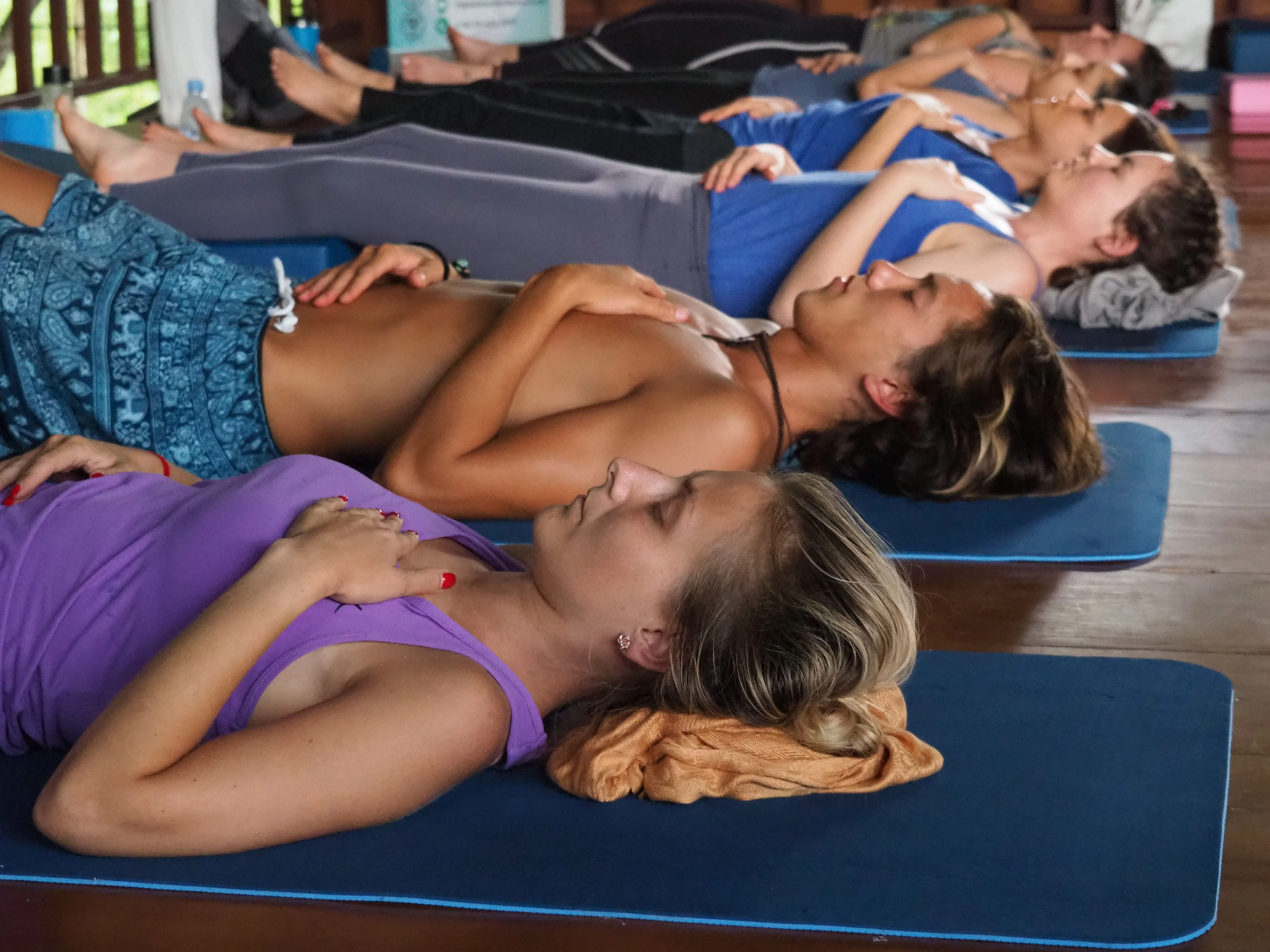
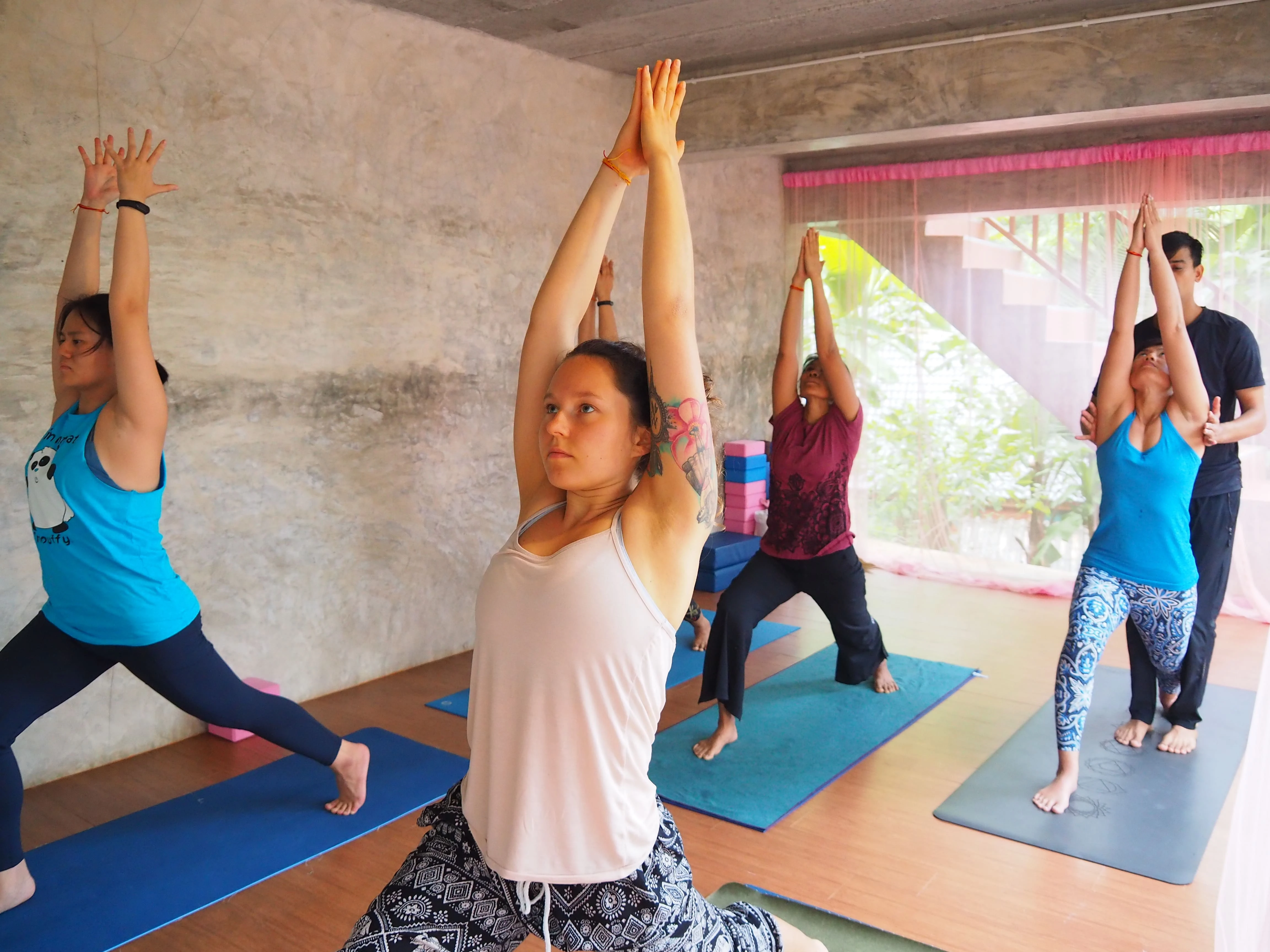
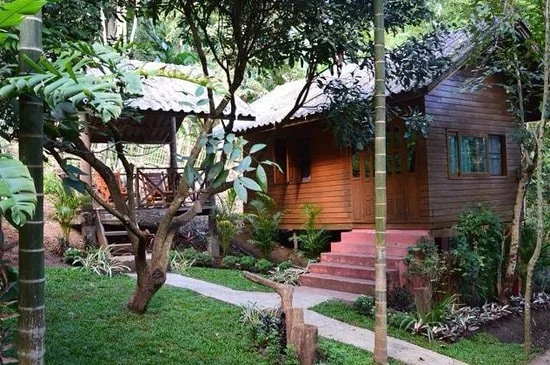
 1 person max
1 person max
 Double Bed
Double Bed
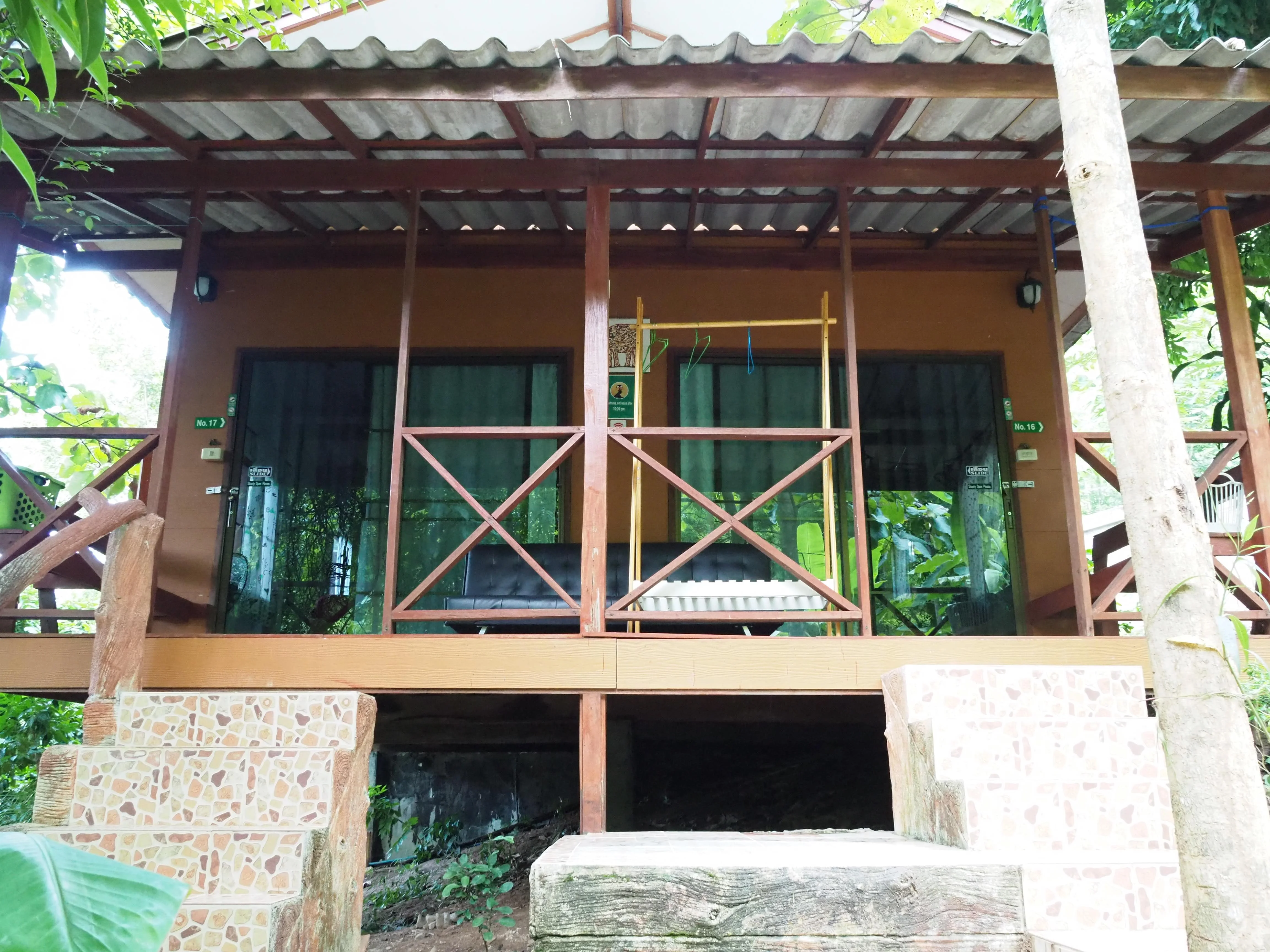
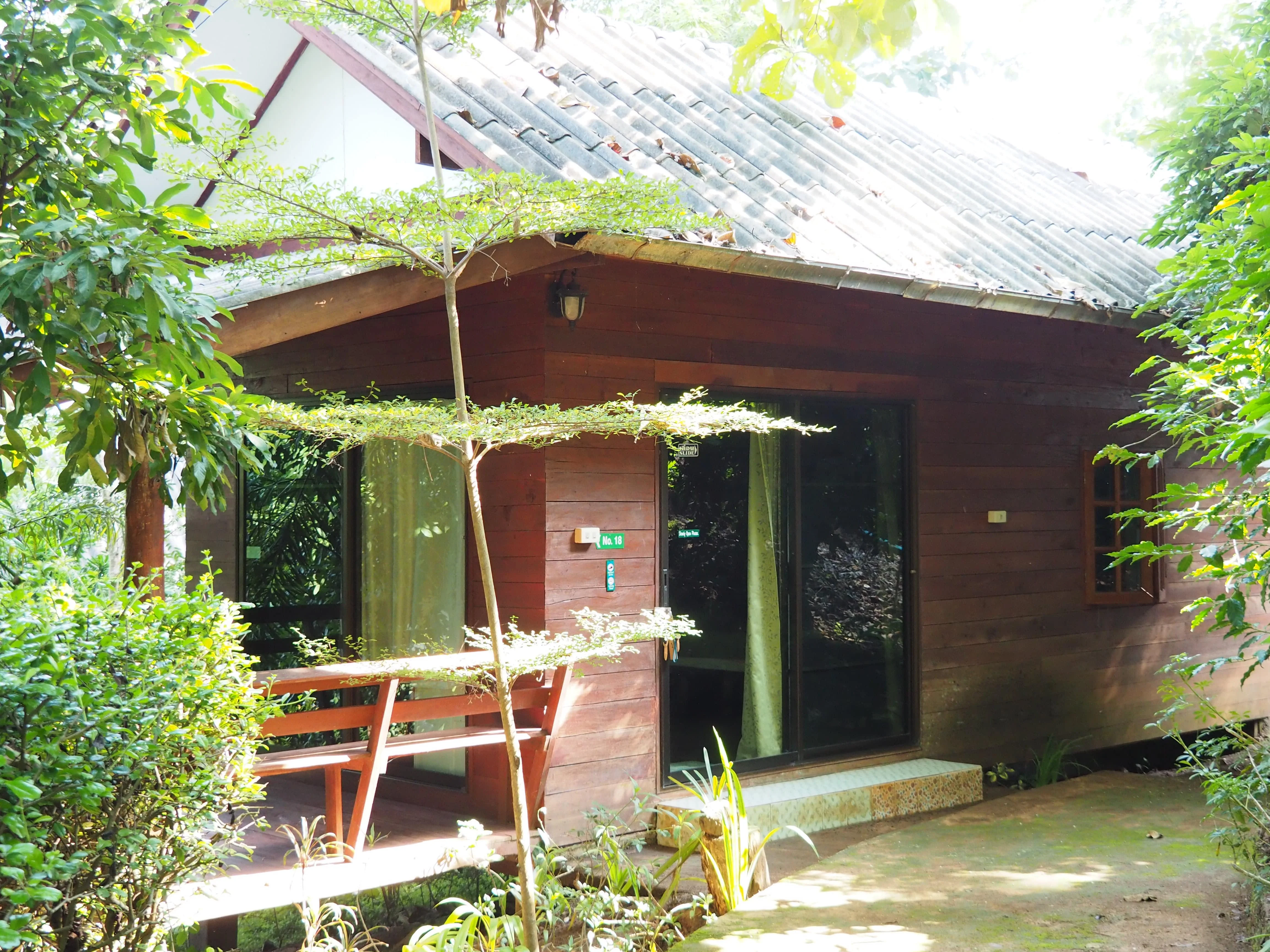
 2 person max
2 person max







 1 person max
1 person max
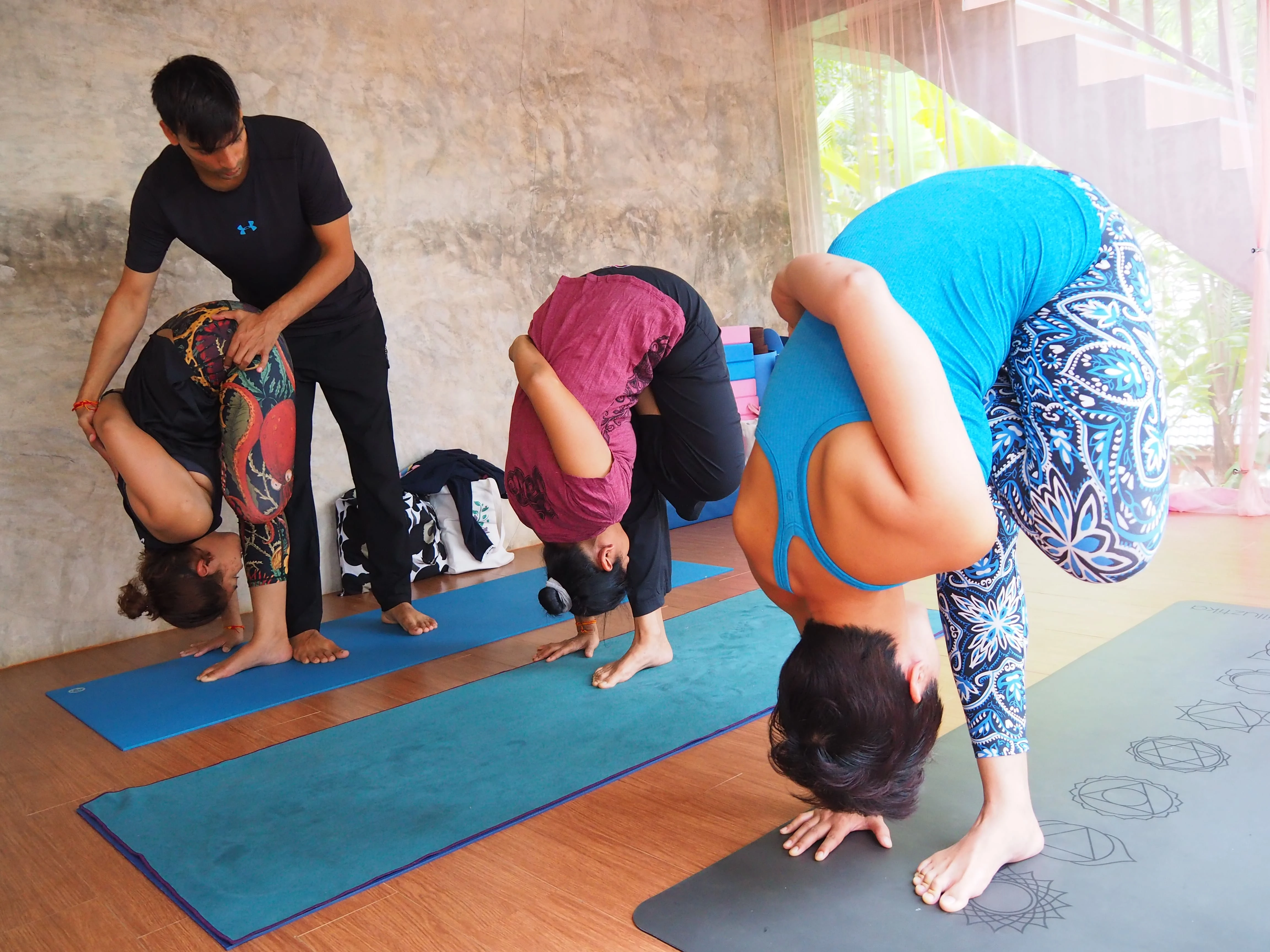
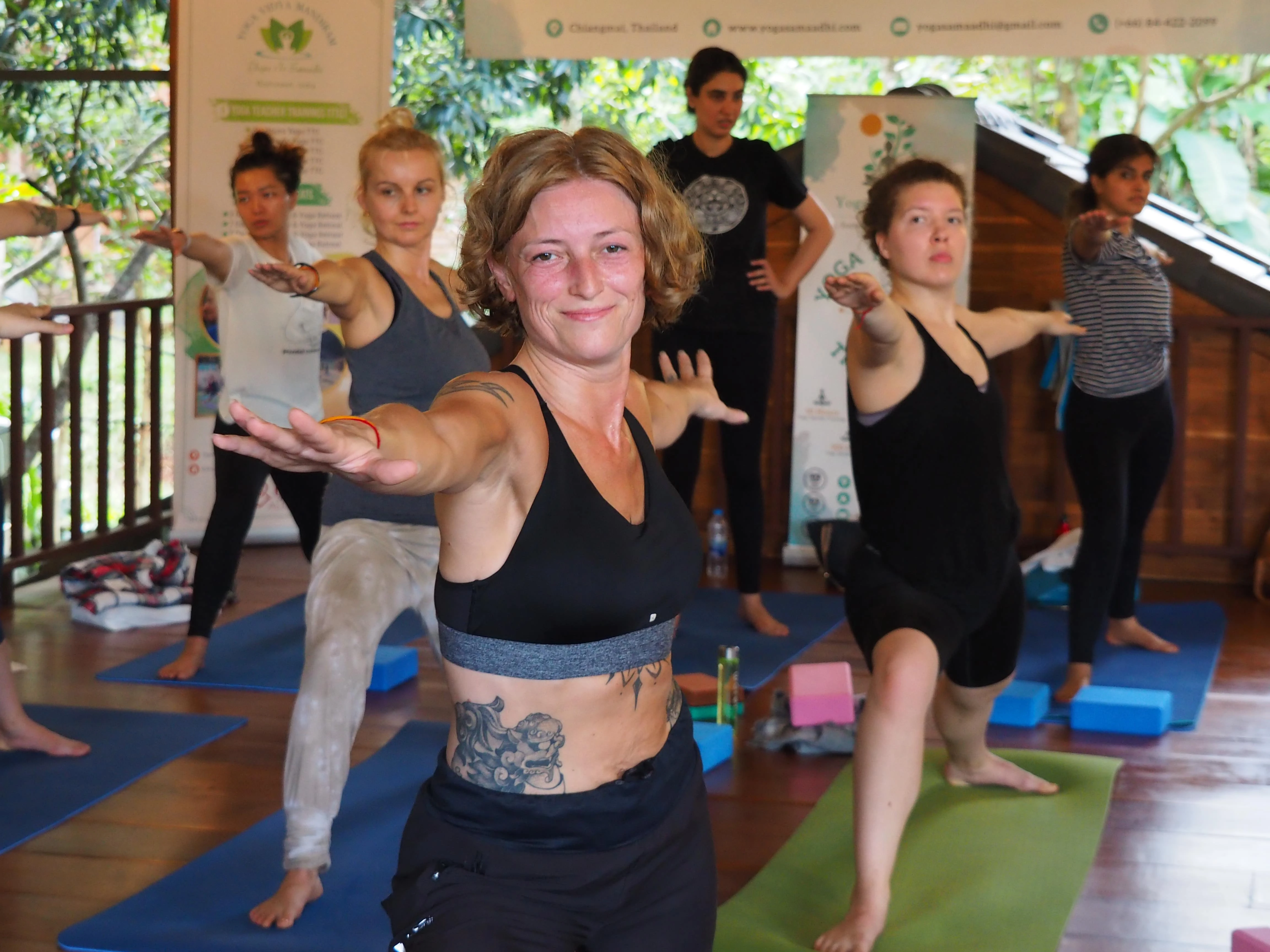


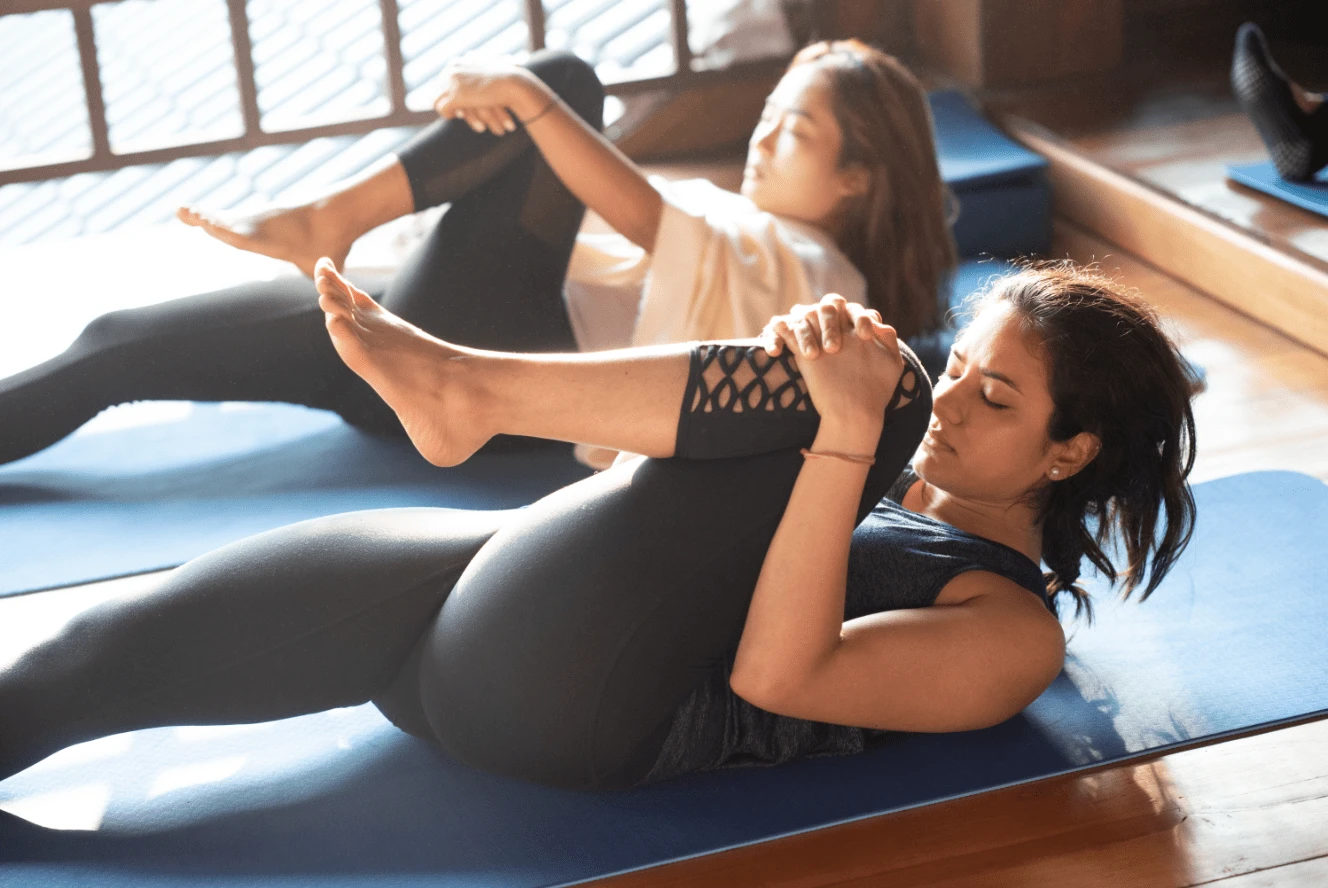

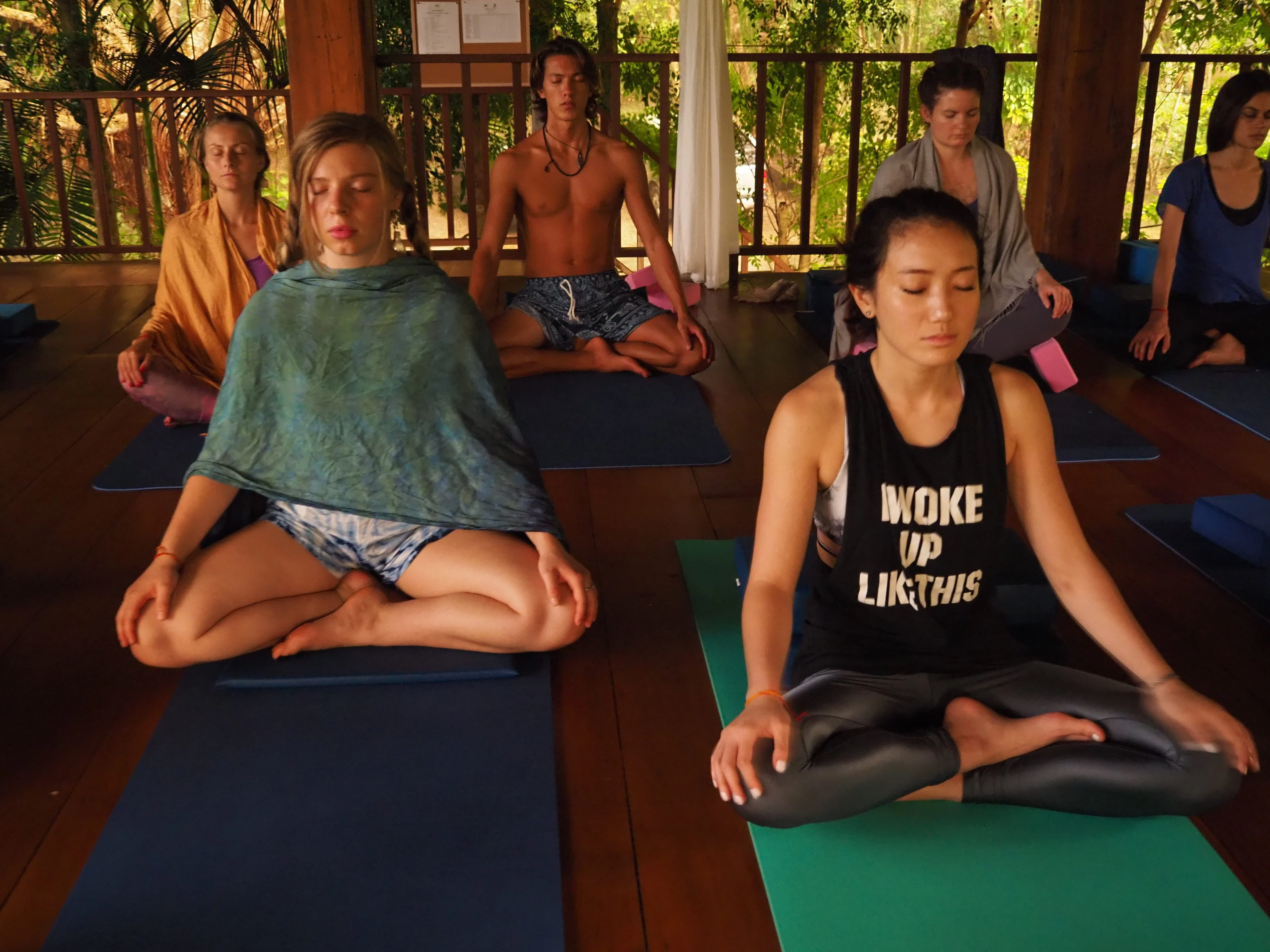
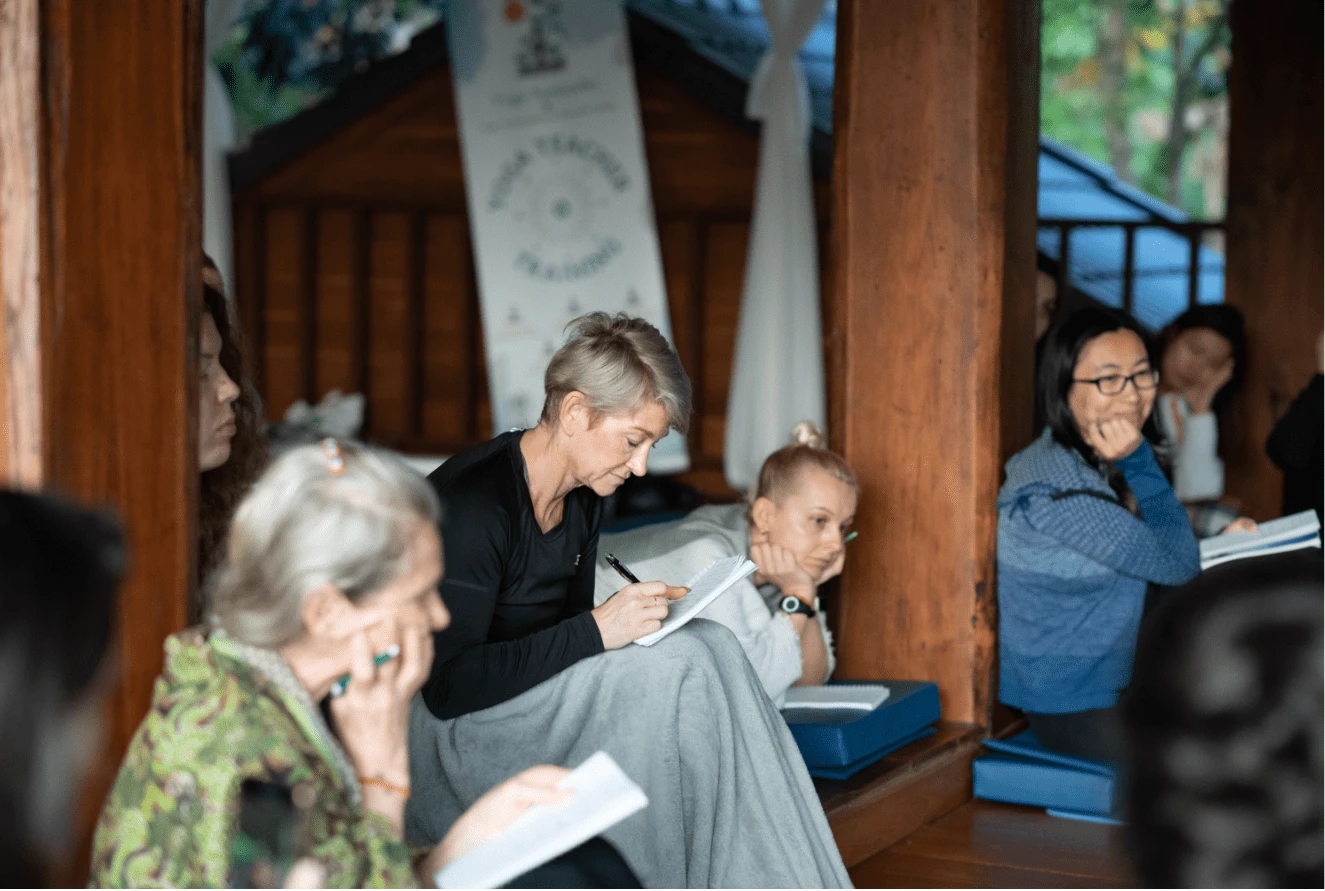
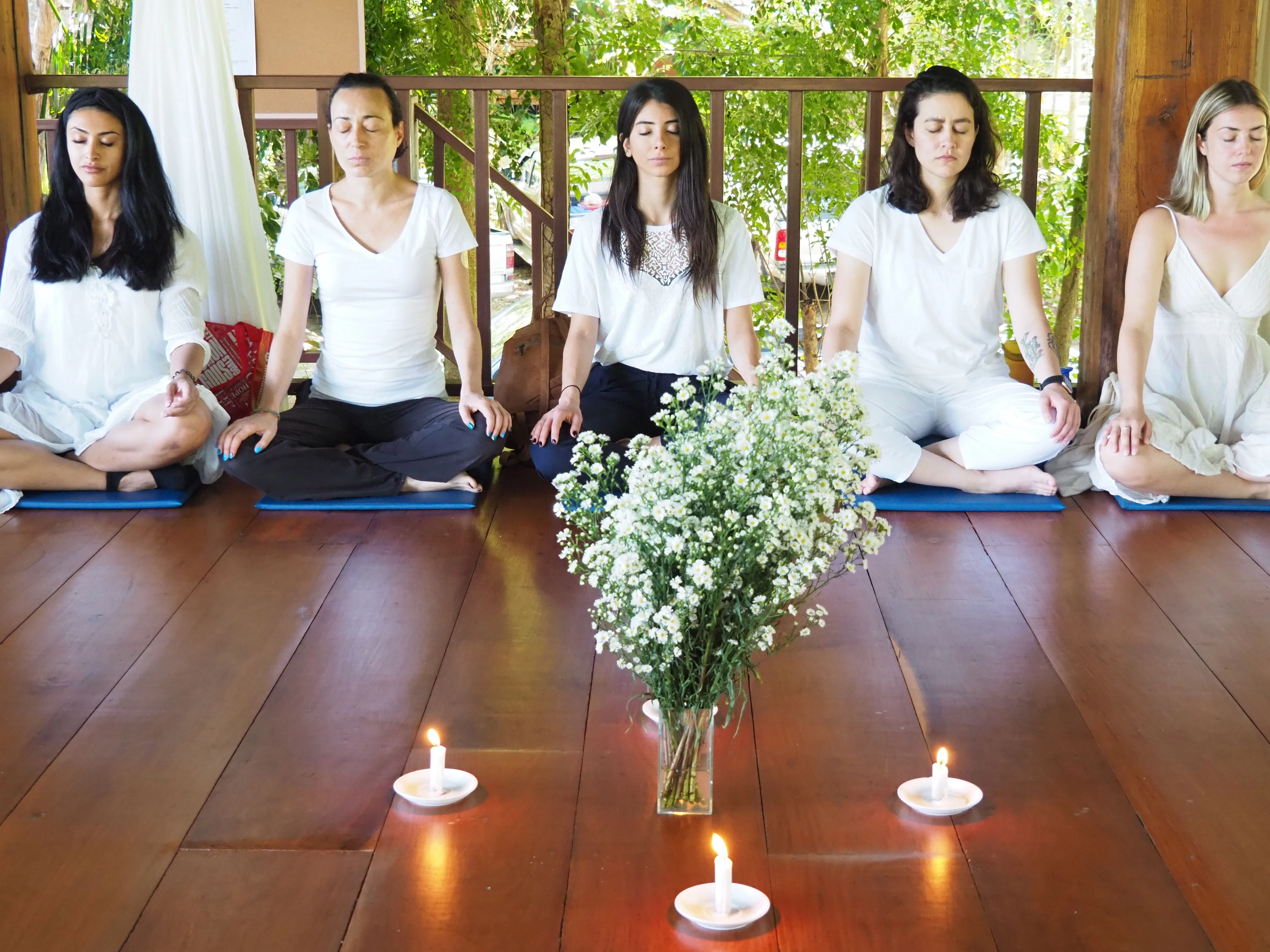
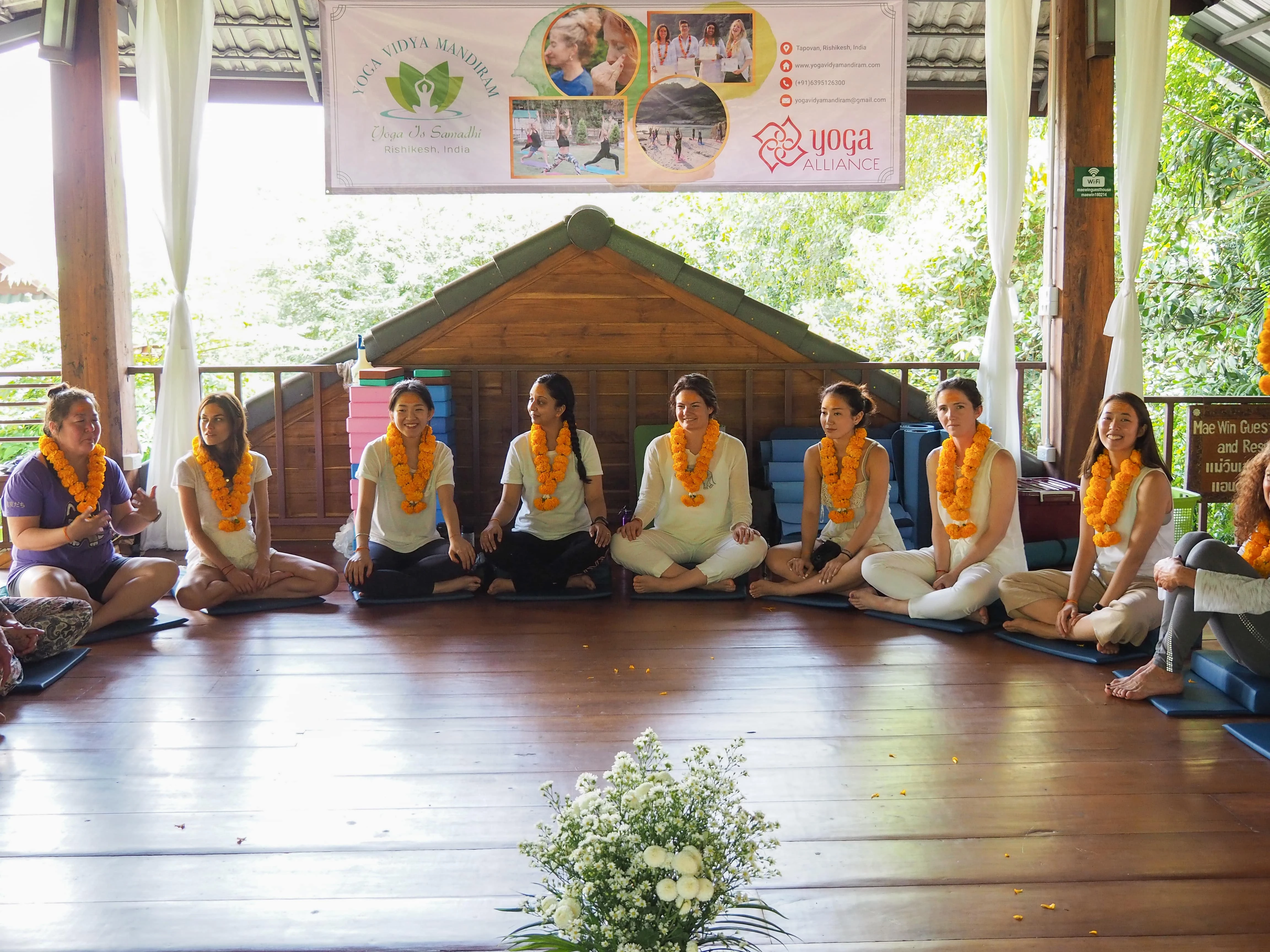
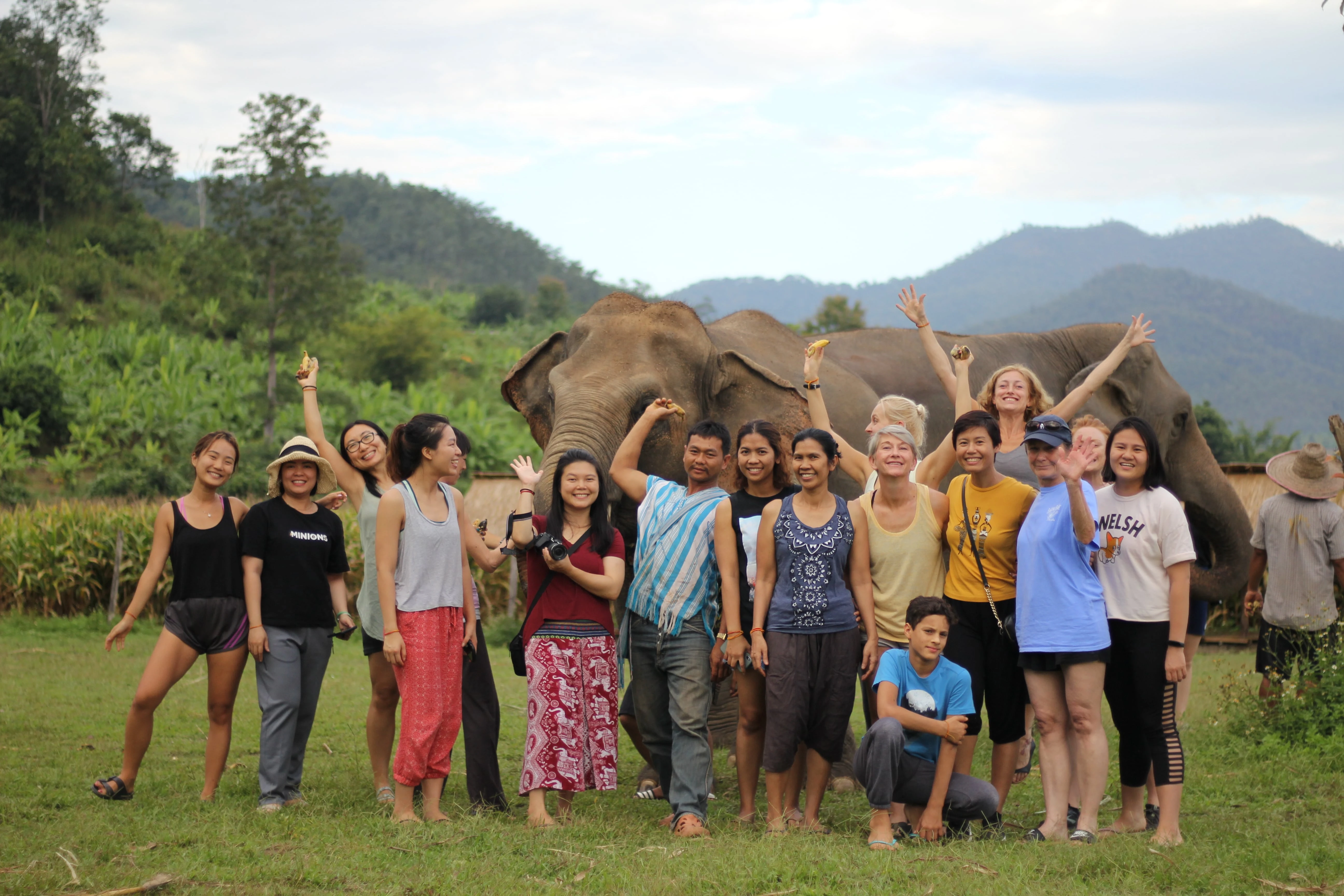

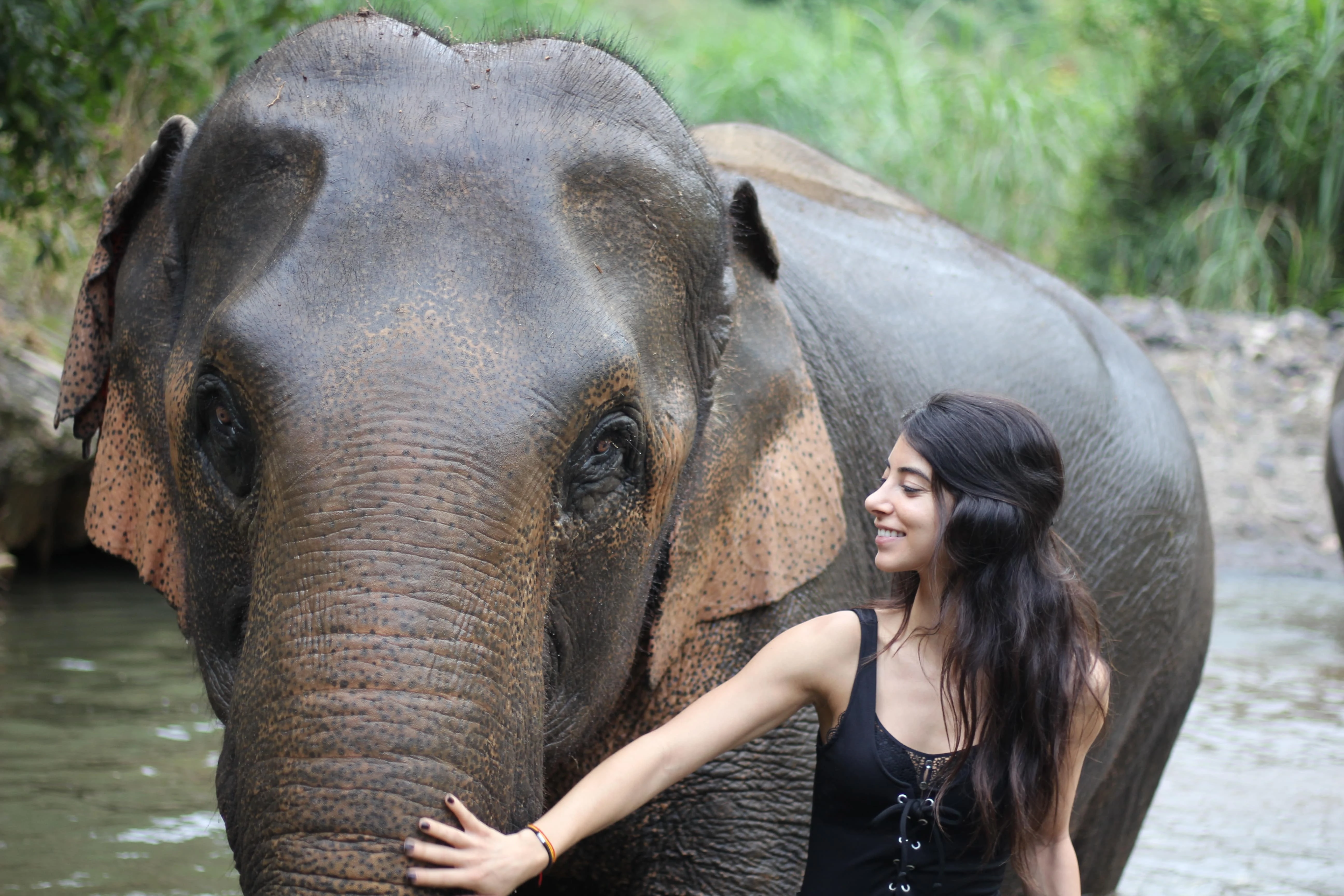


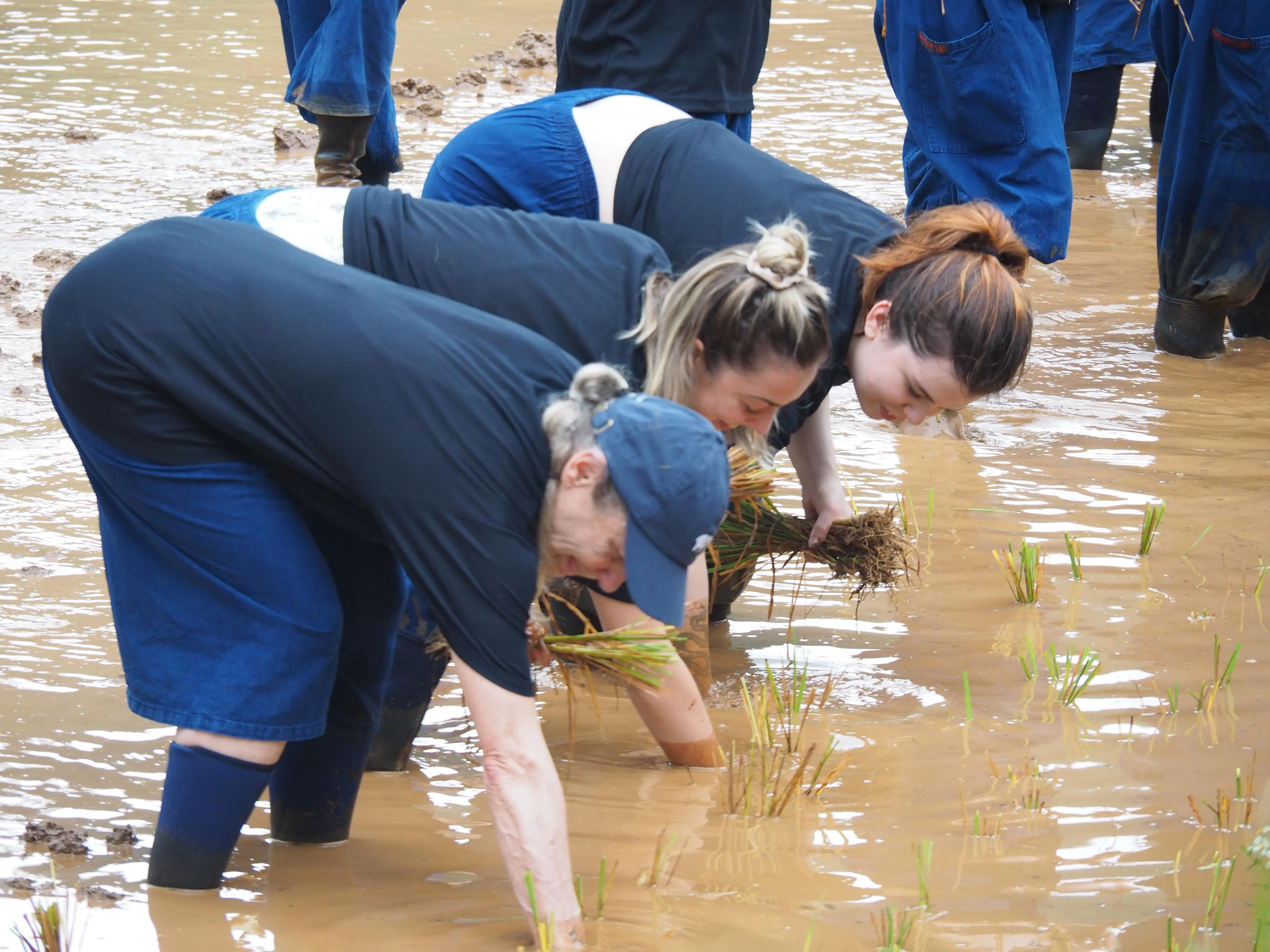

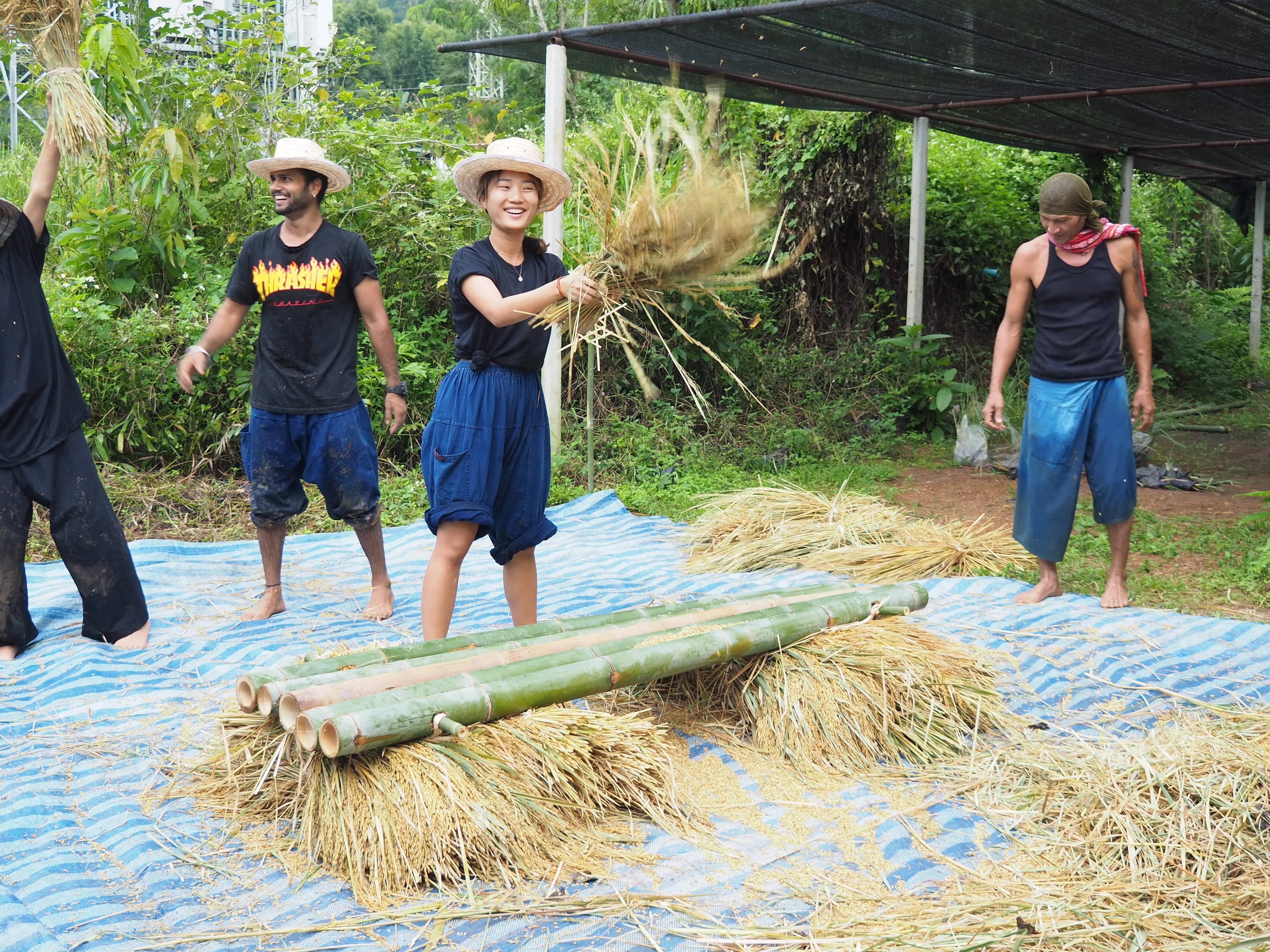

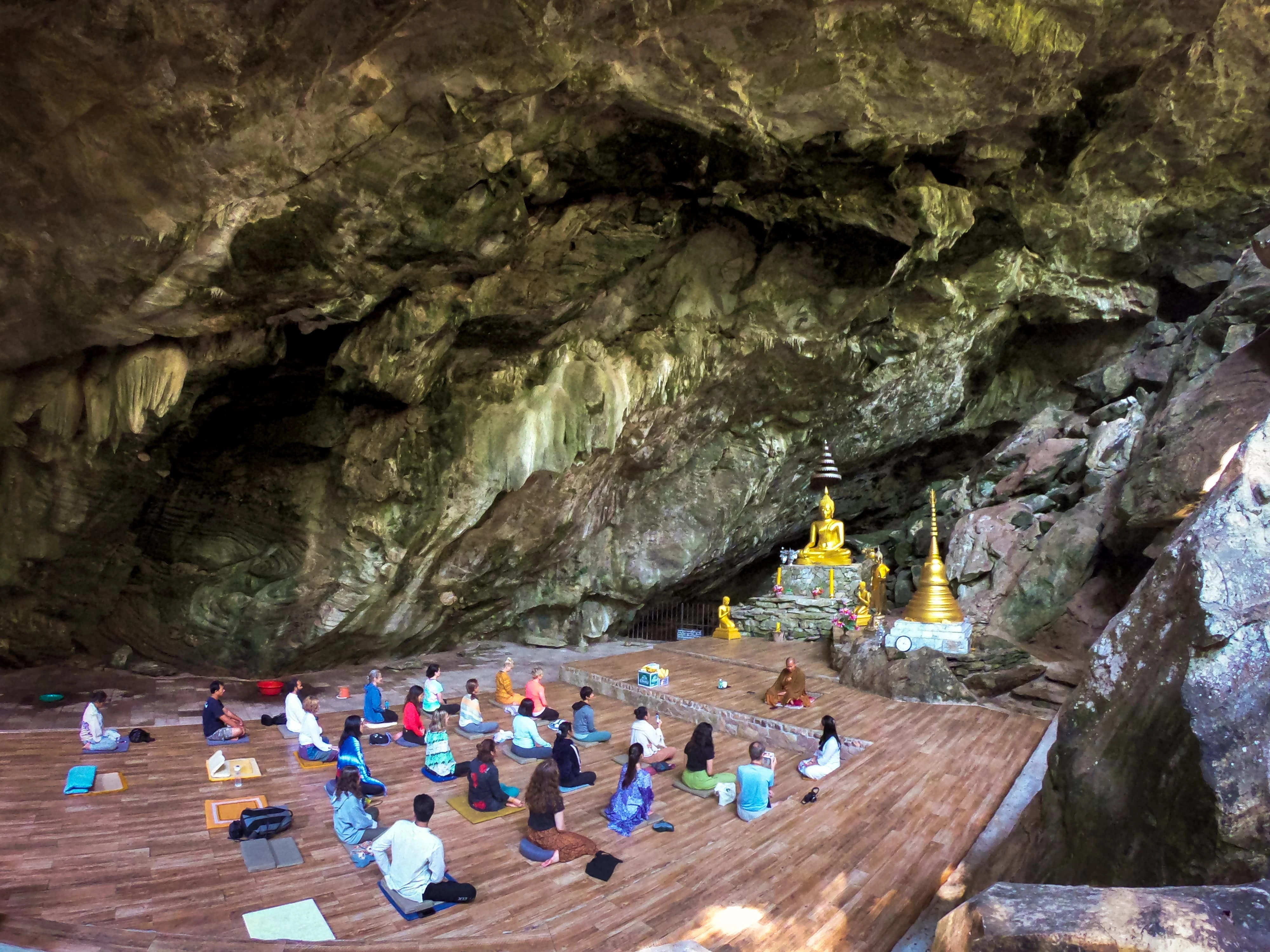
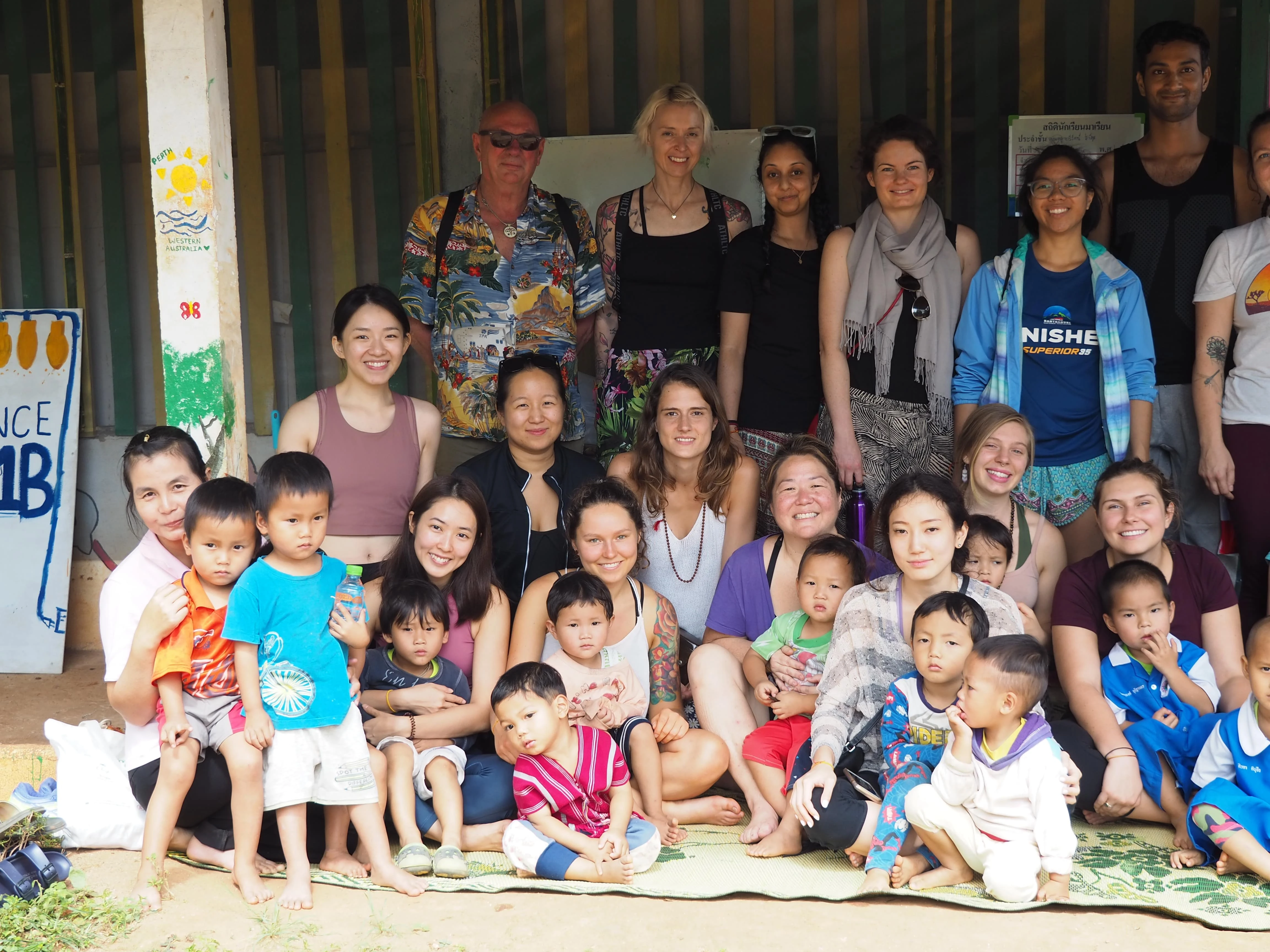

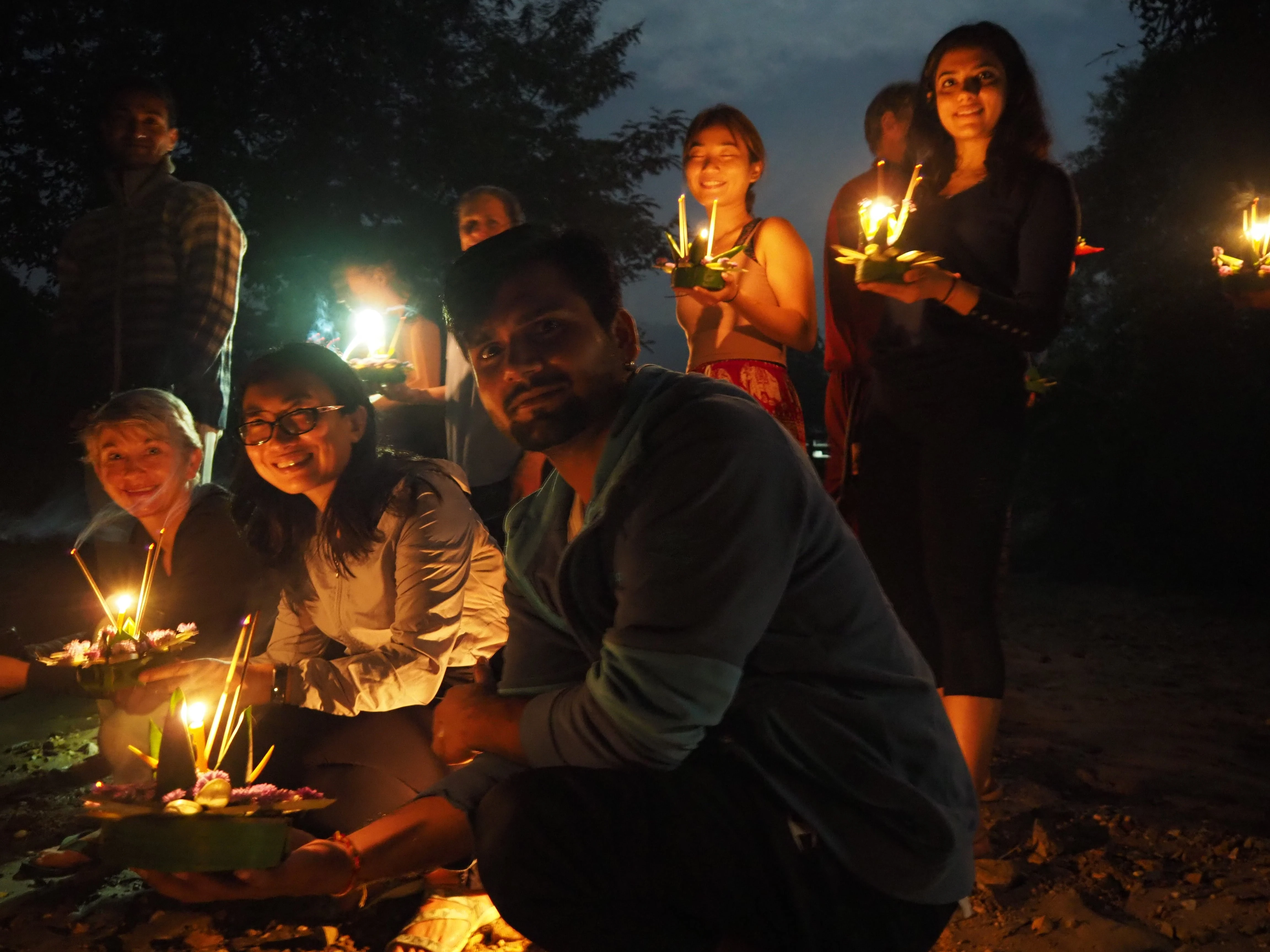


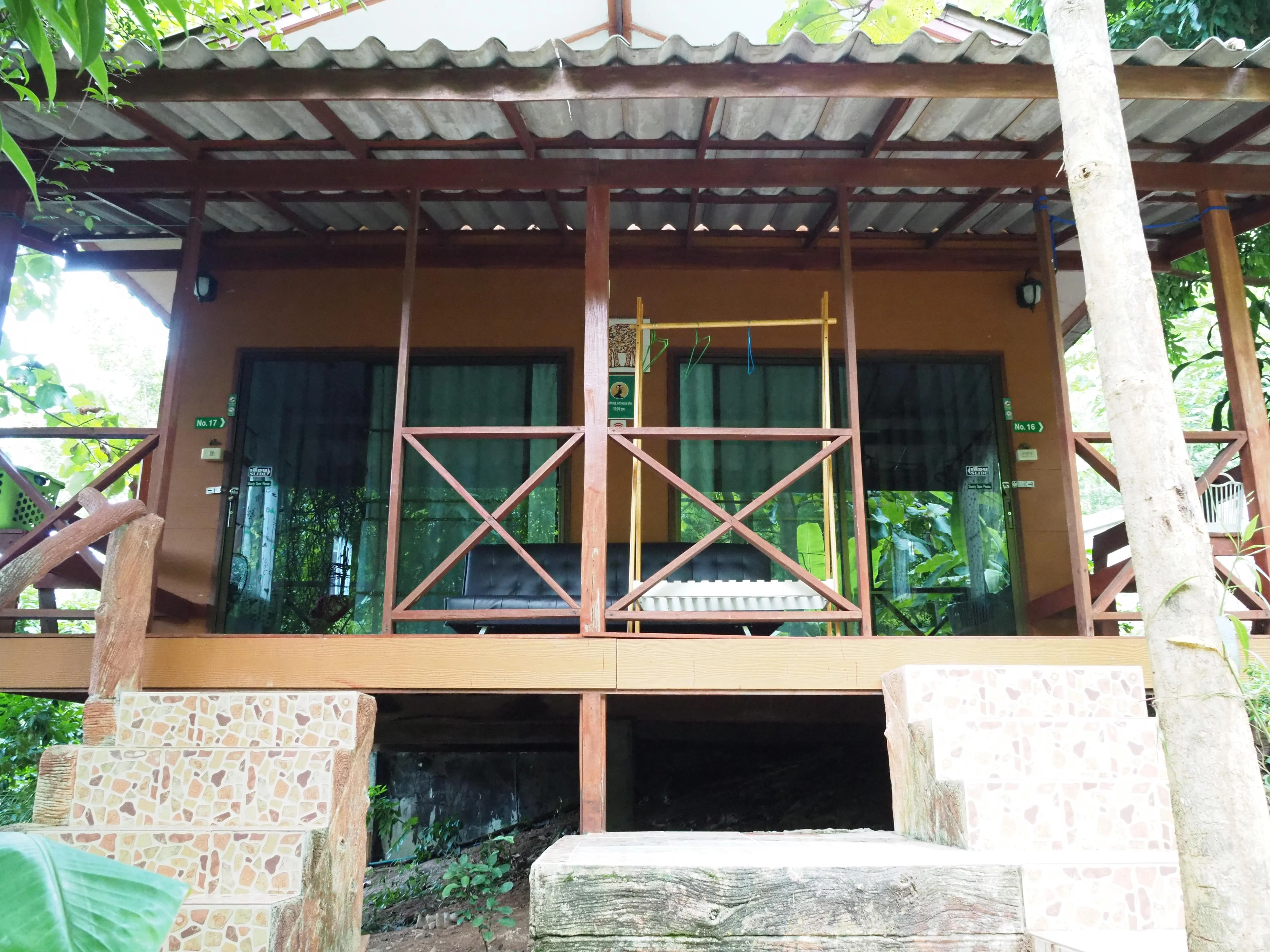
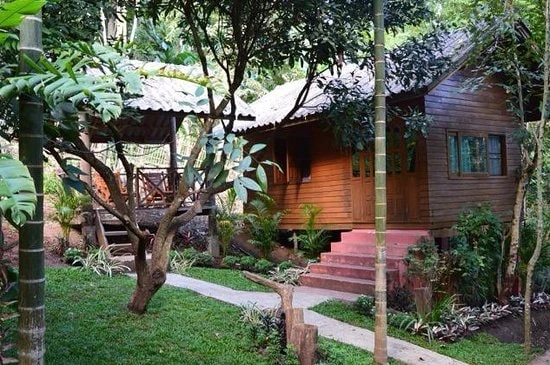
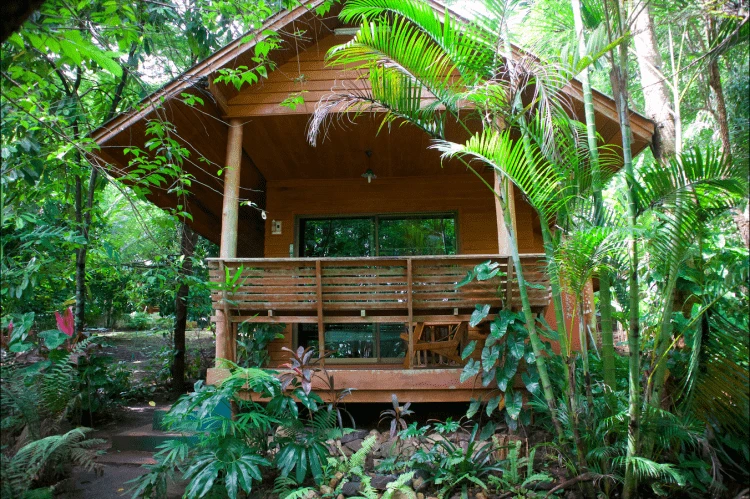



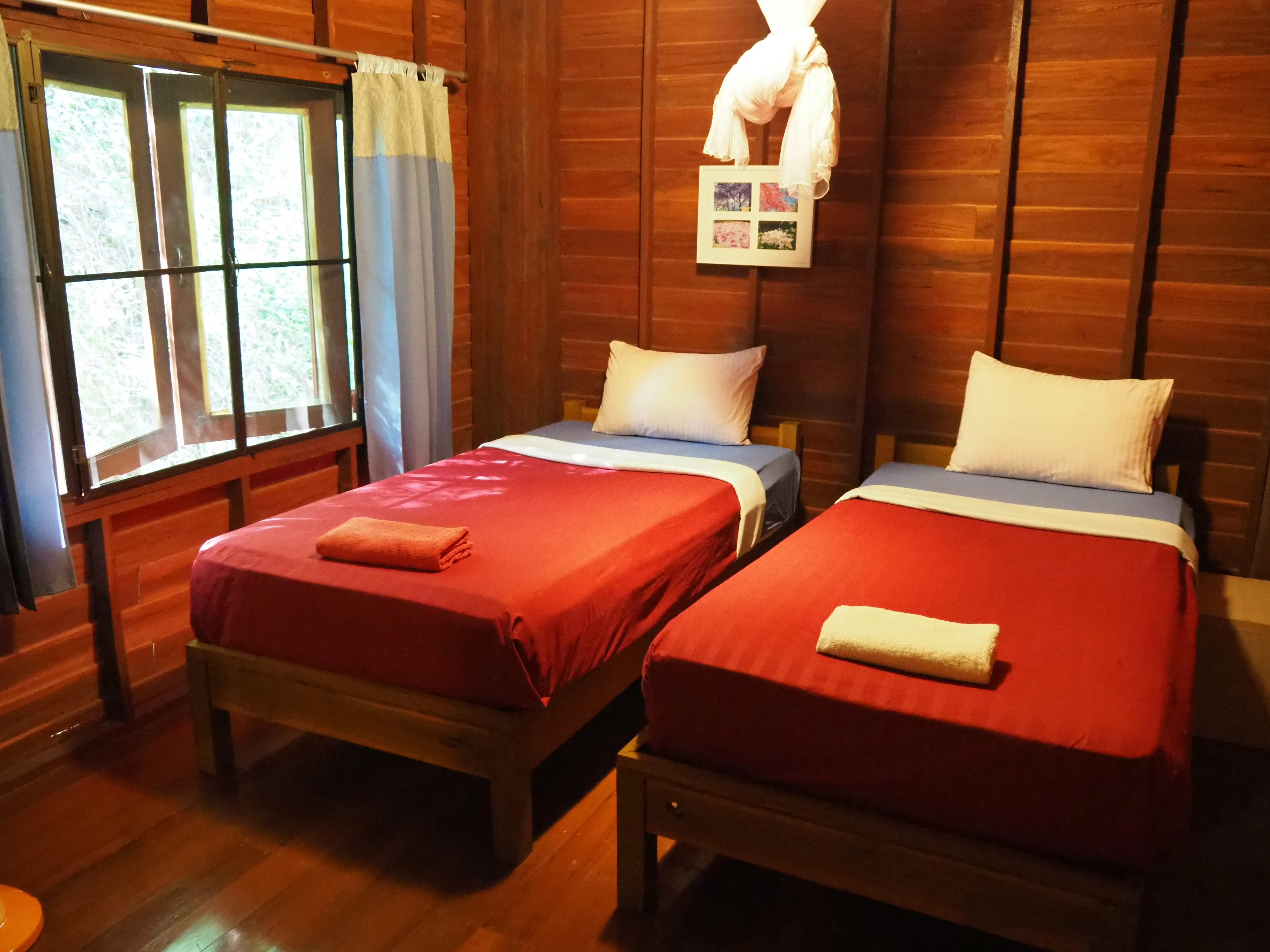
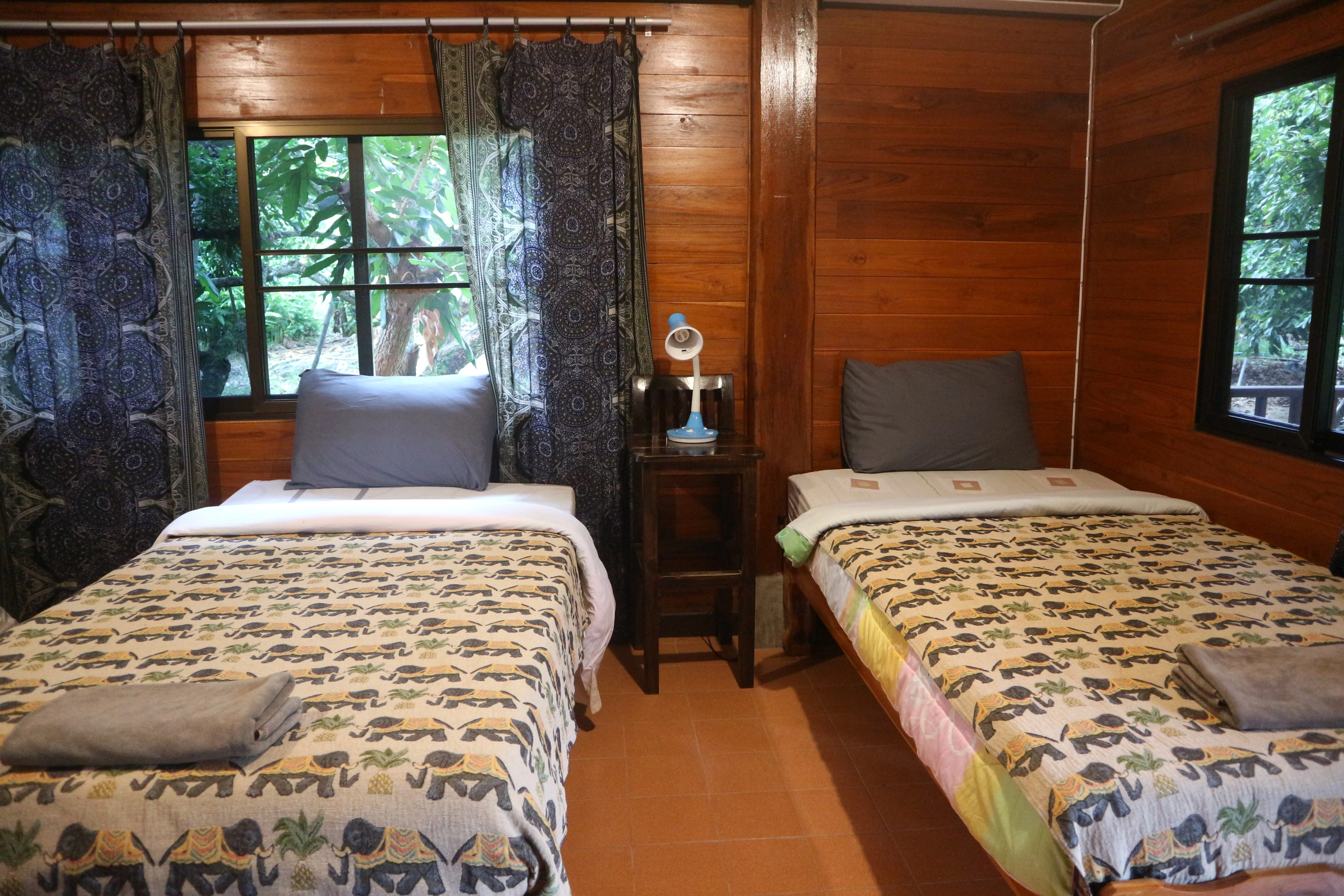
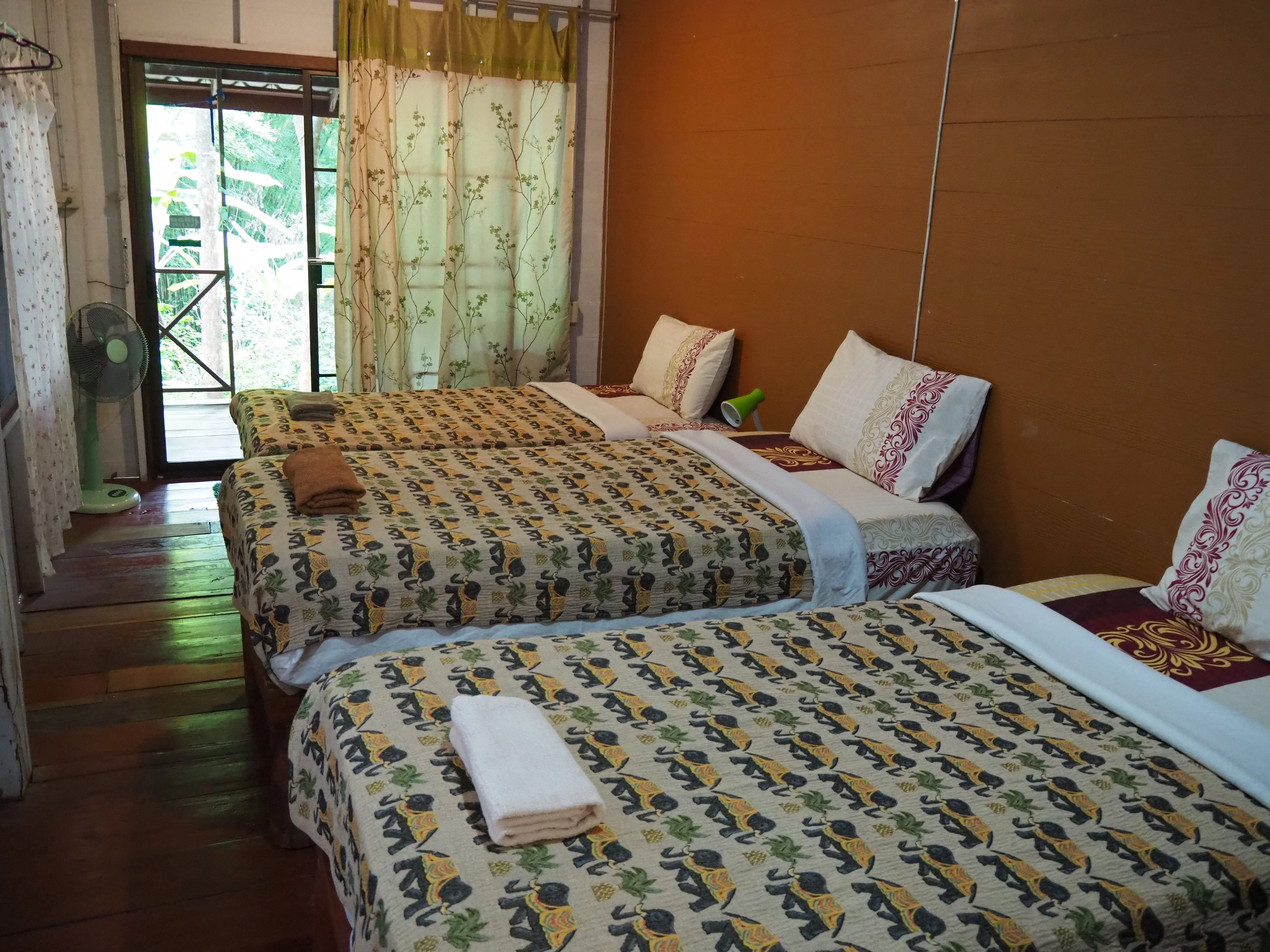

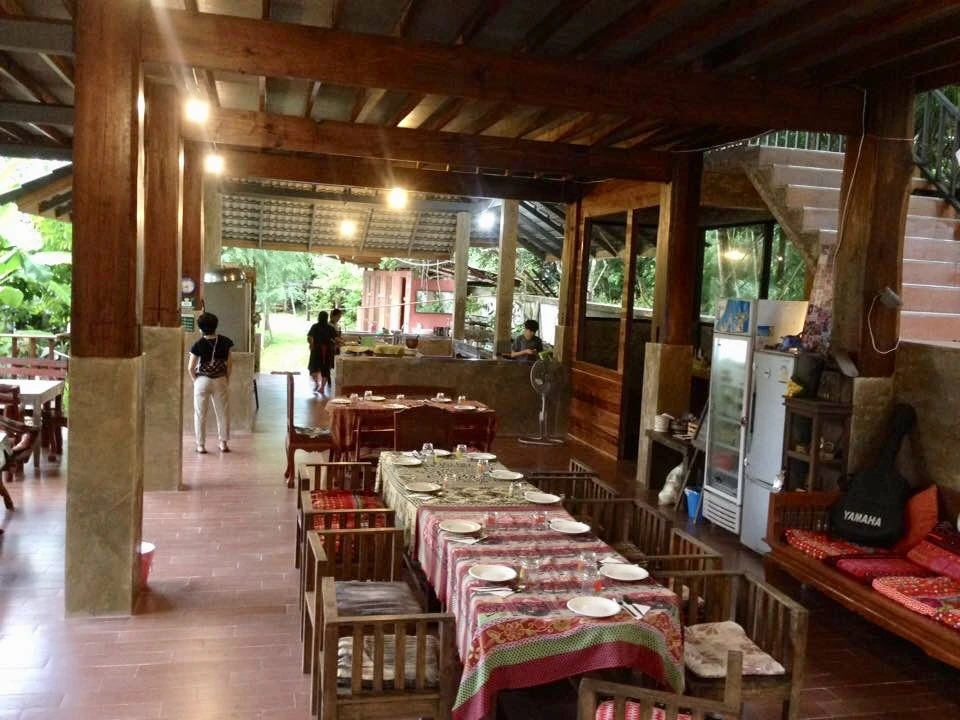
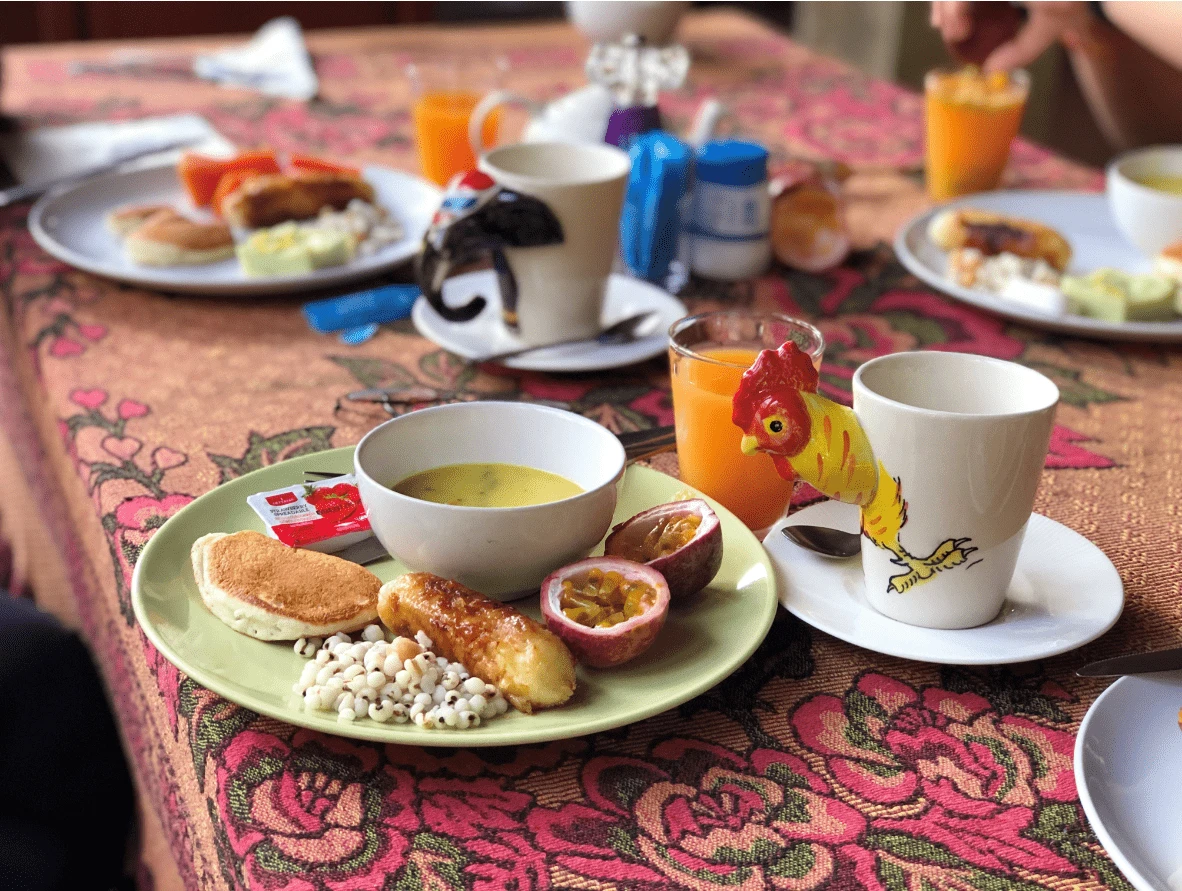
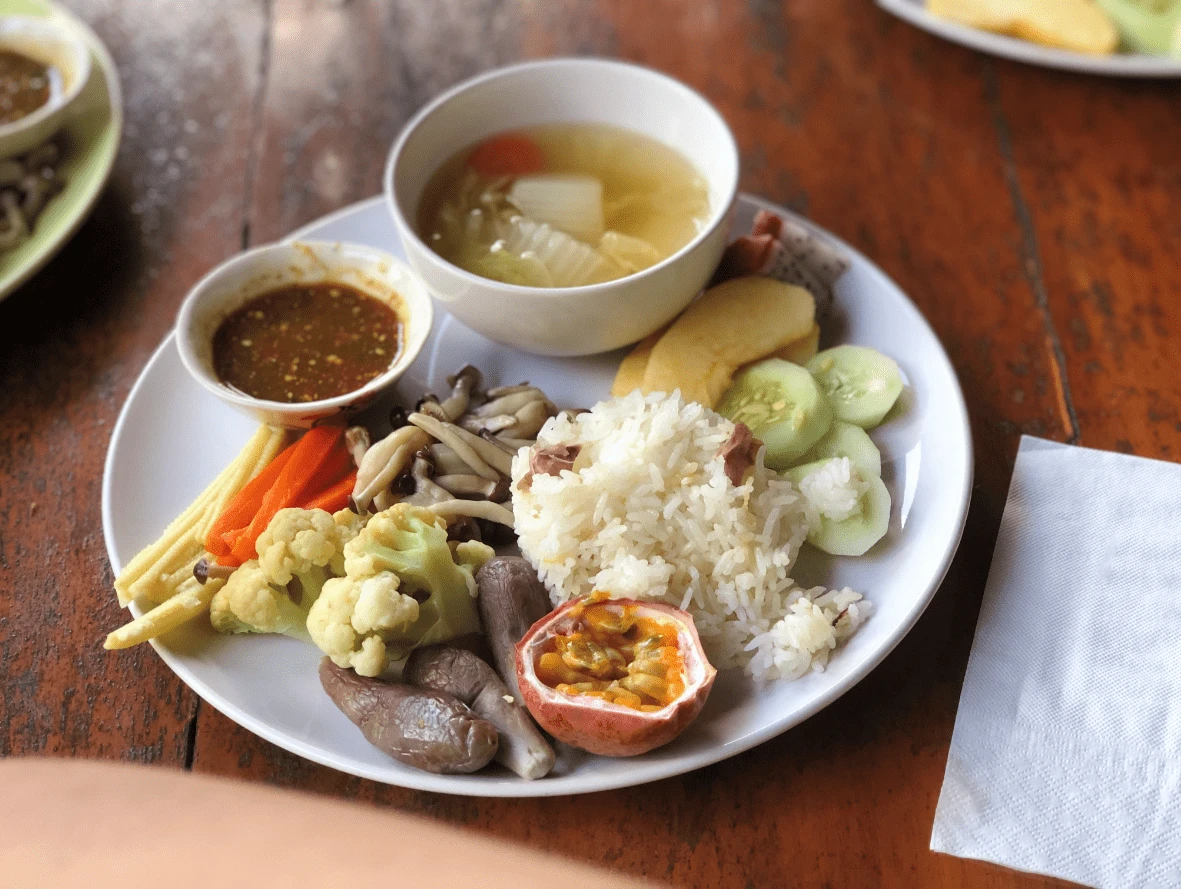

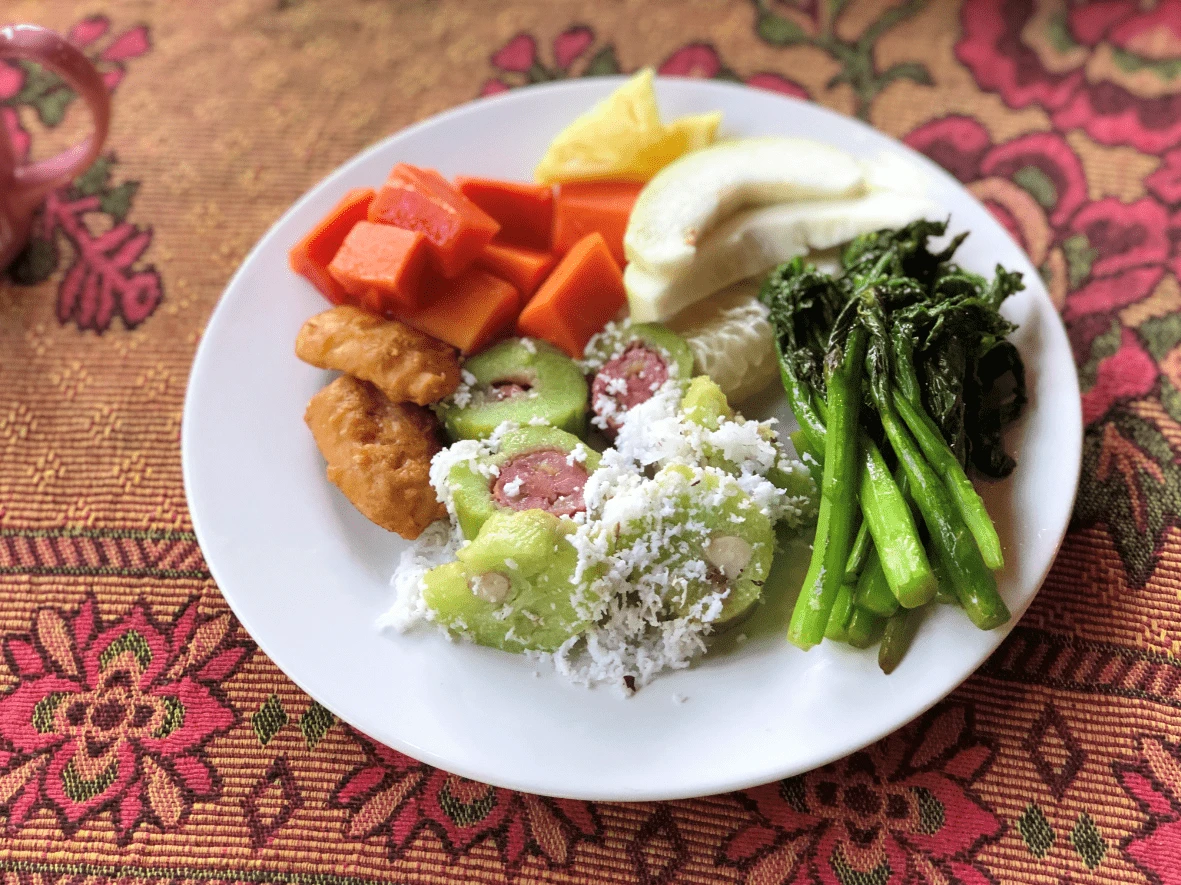
 2 Interested
2 Interested
 Jogging / Walking Path
Jogging / Walking Path
 Utilities Shop
Utilities Shop